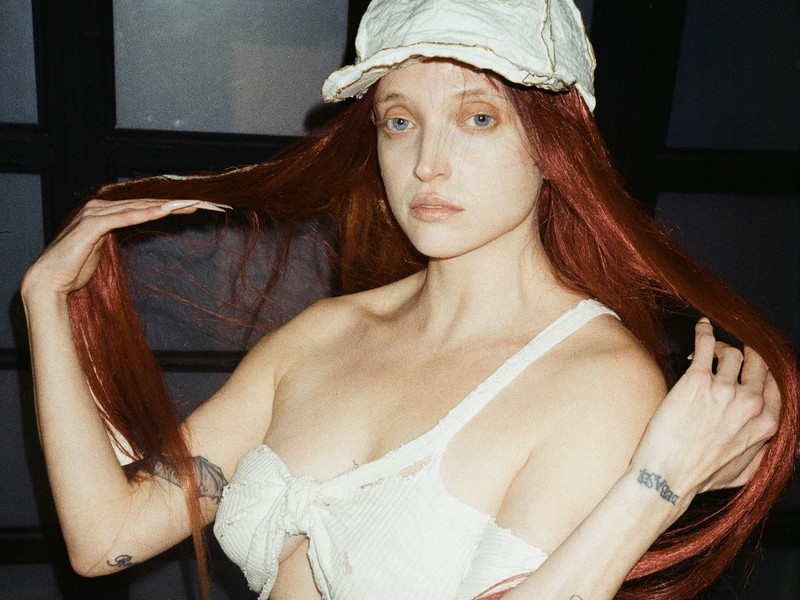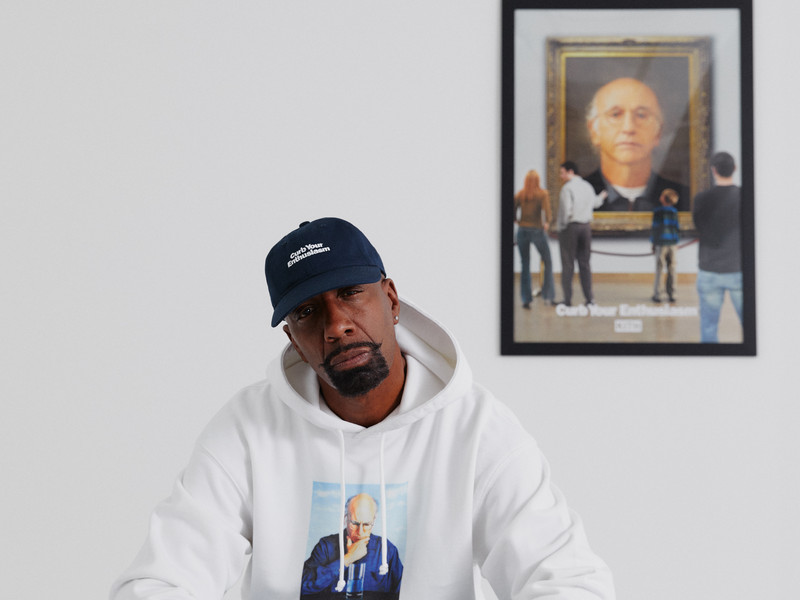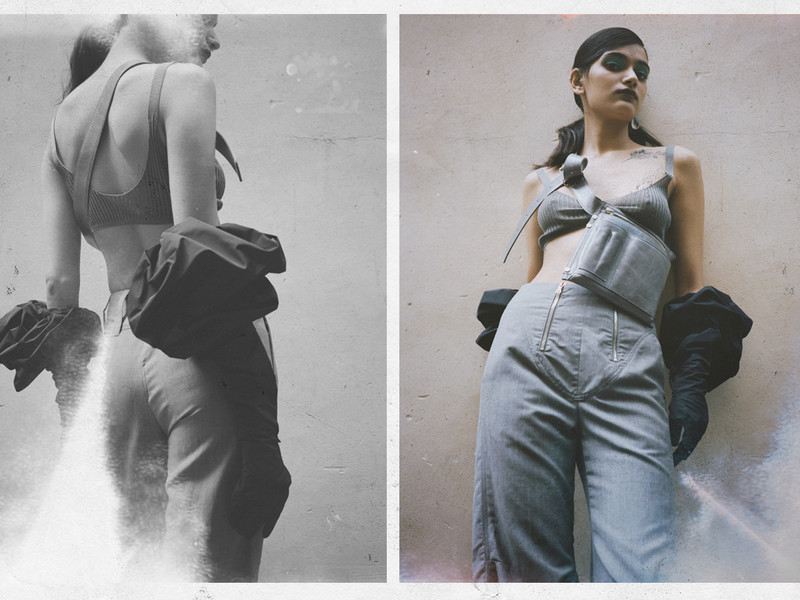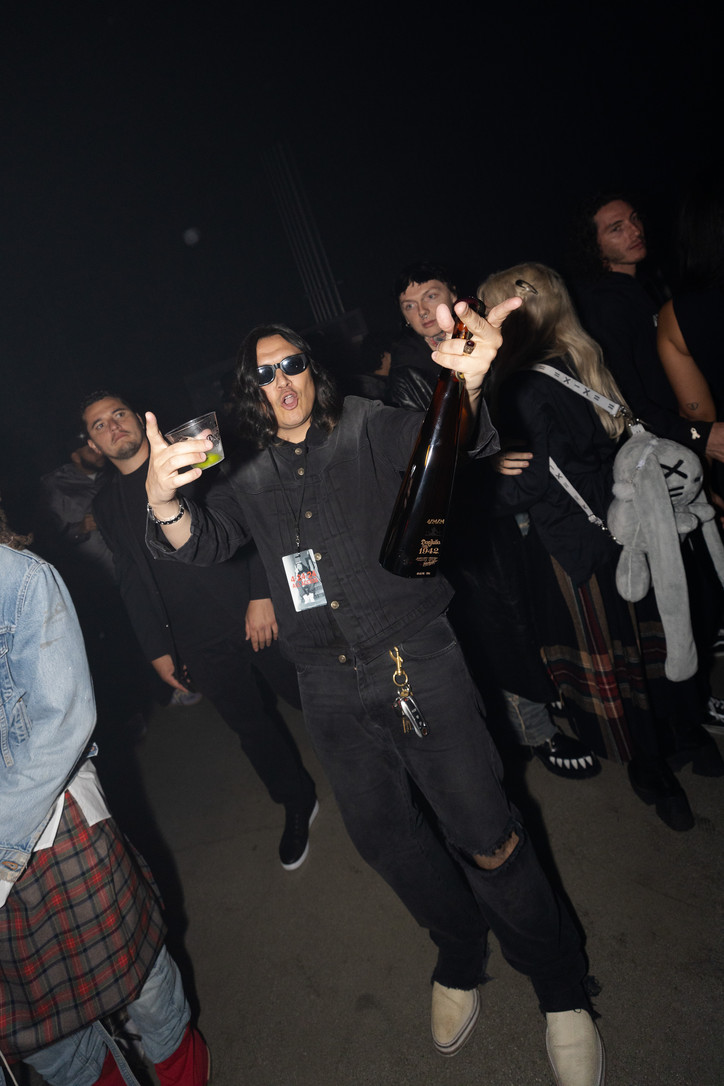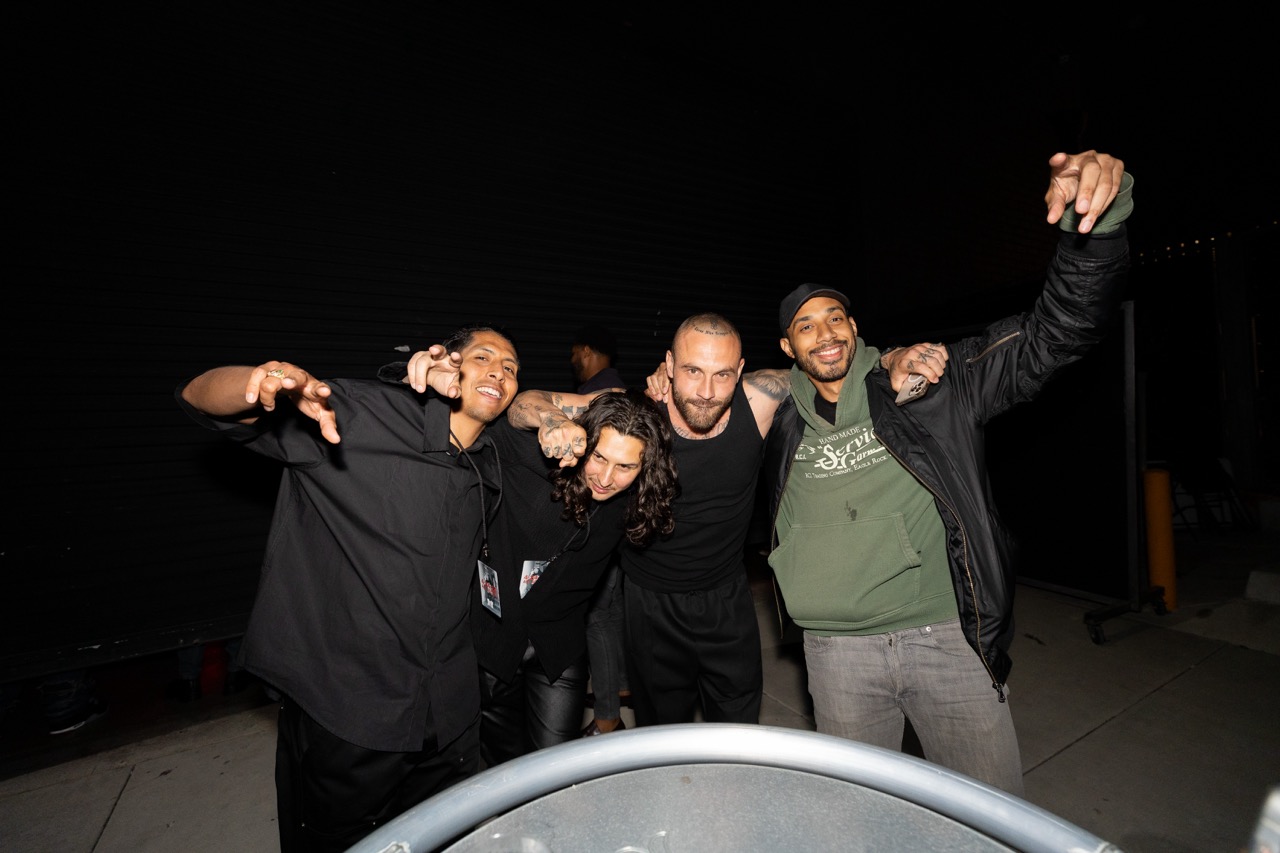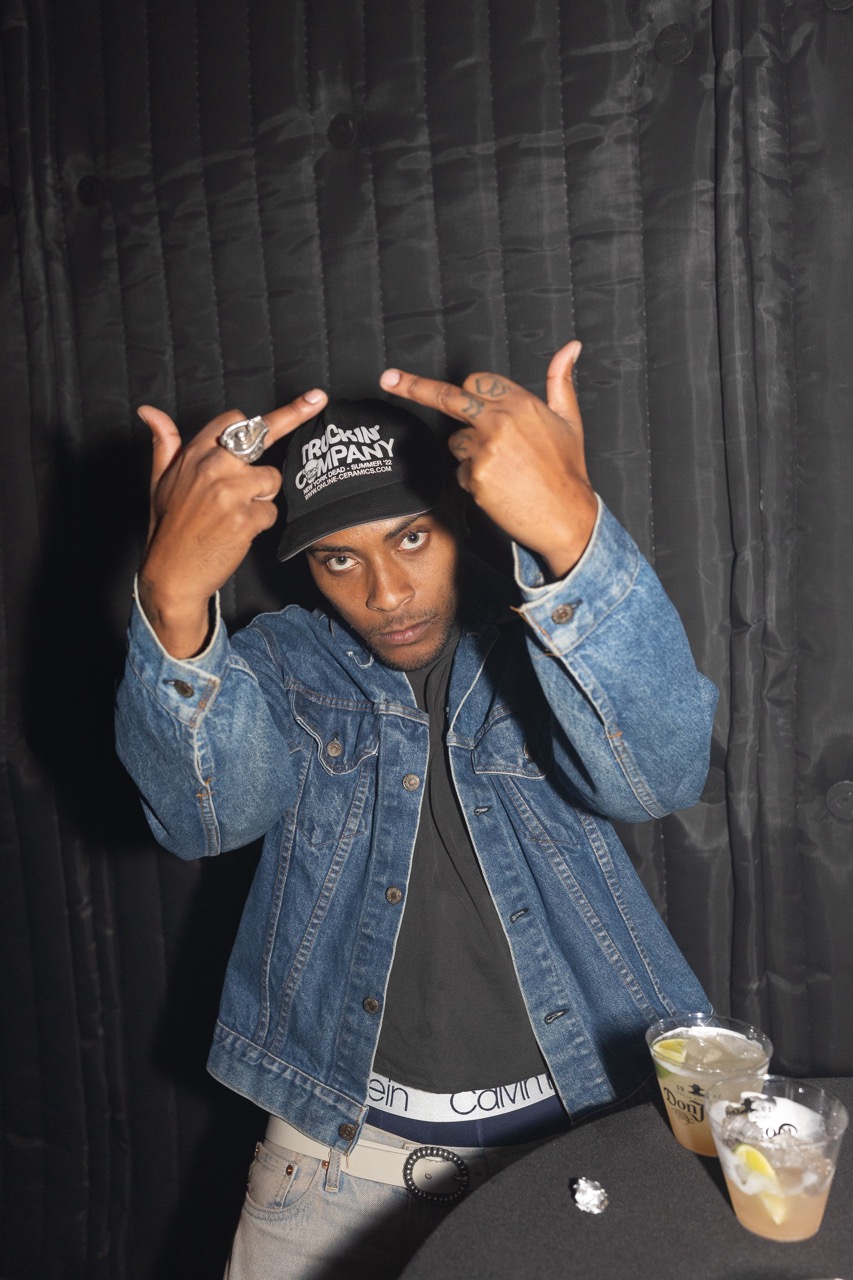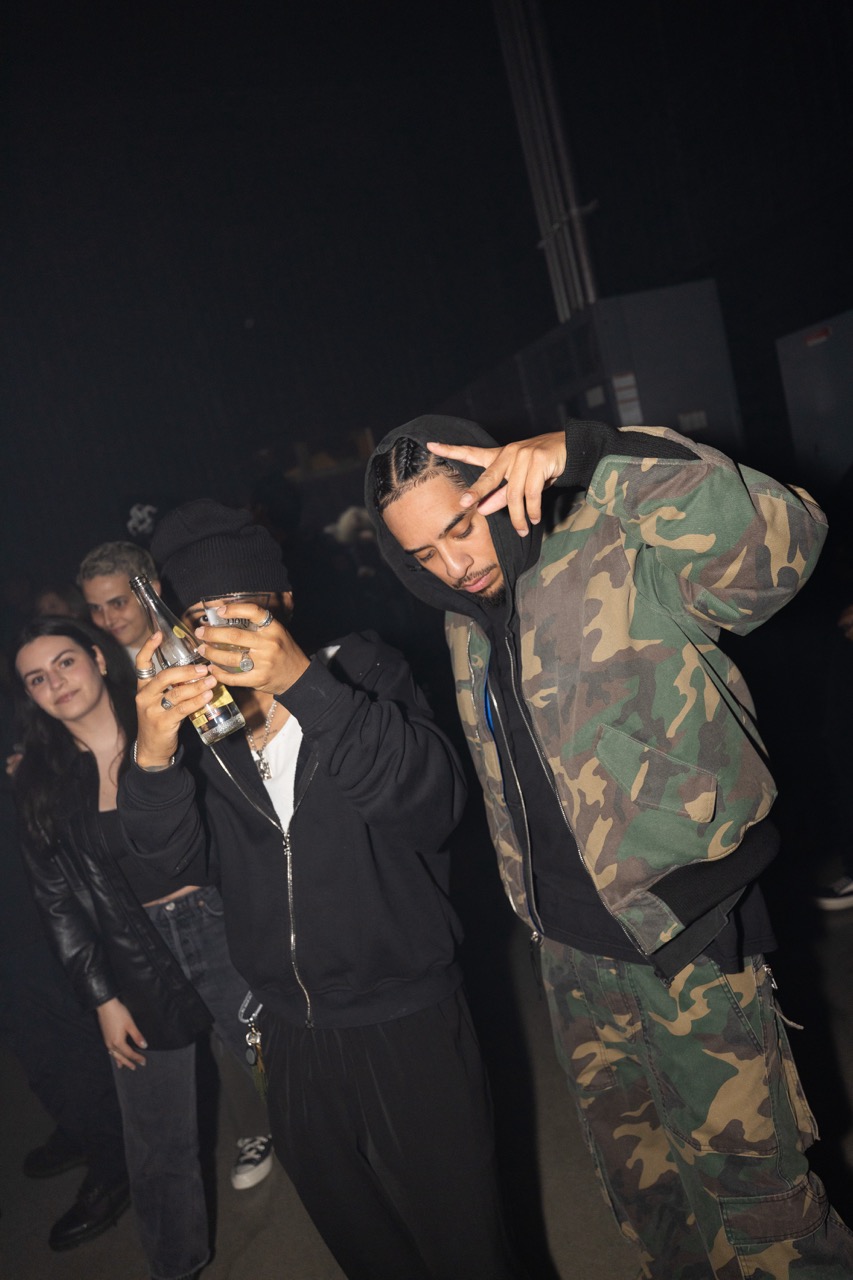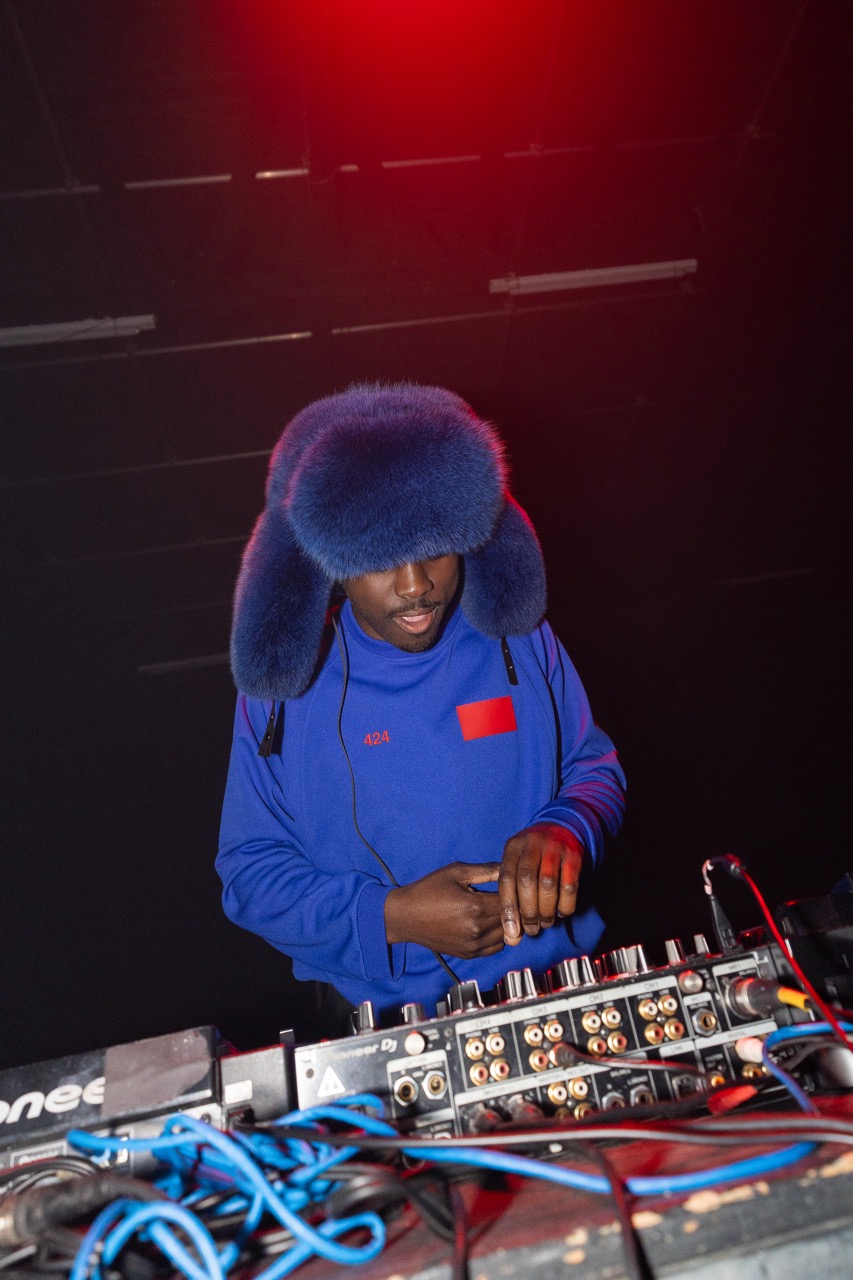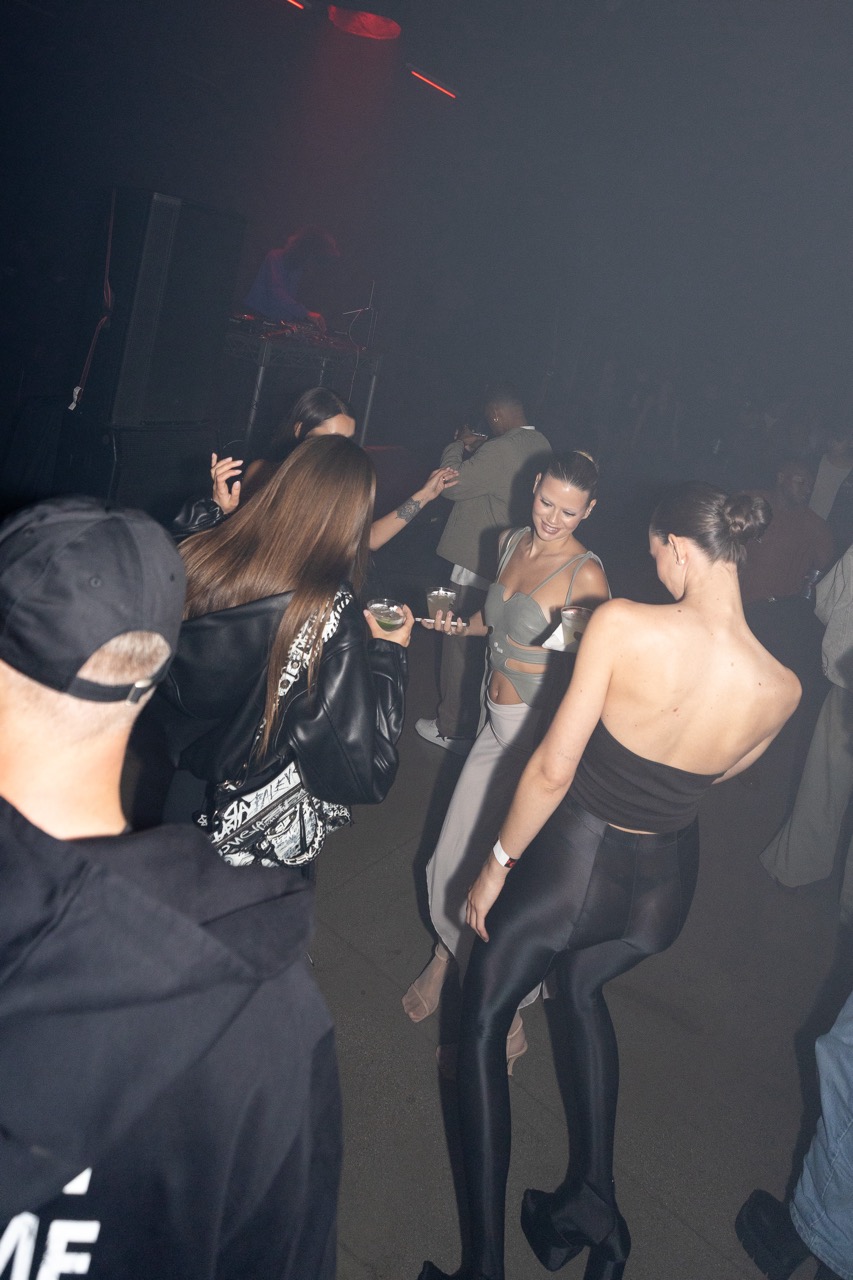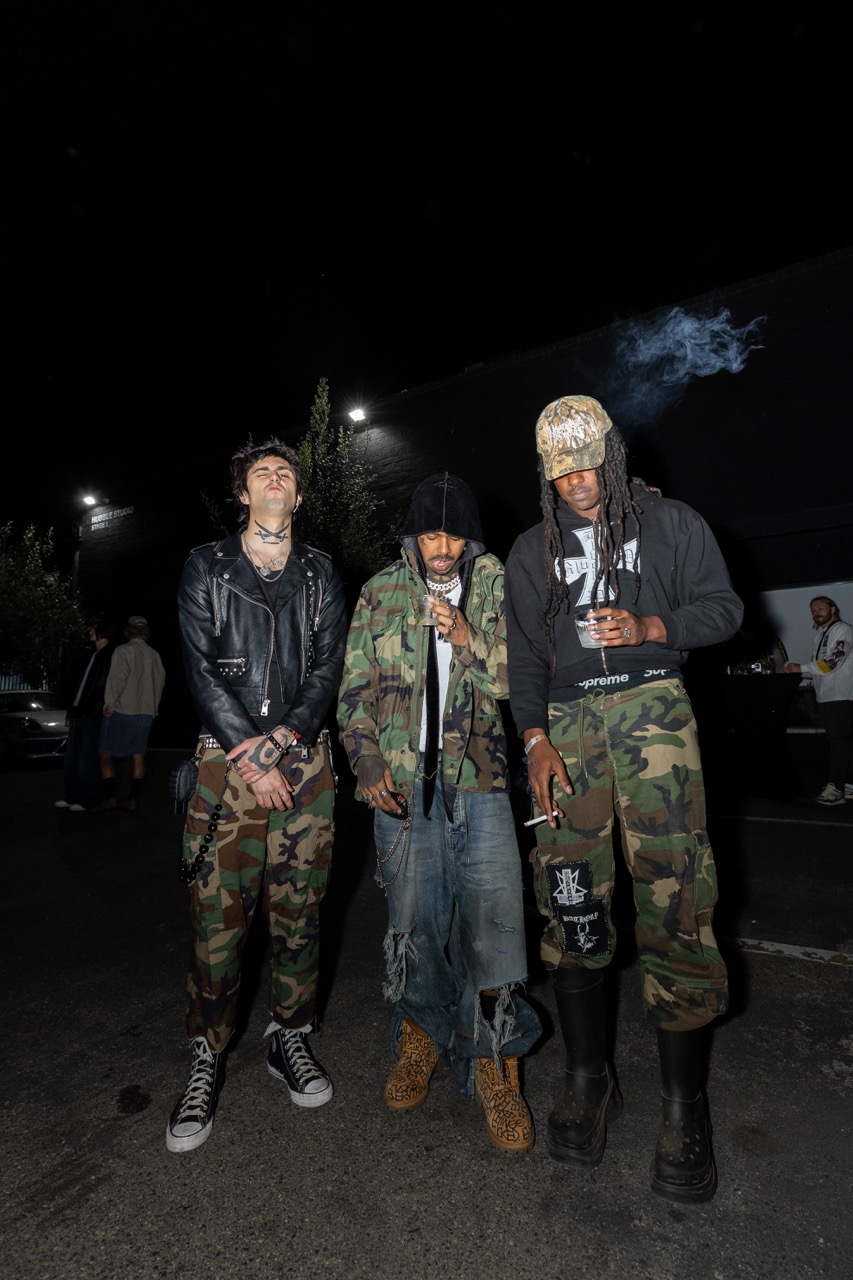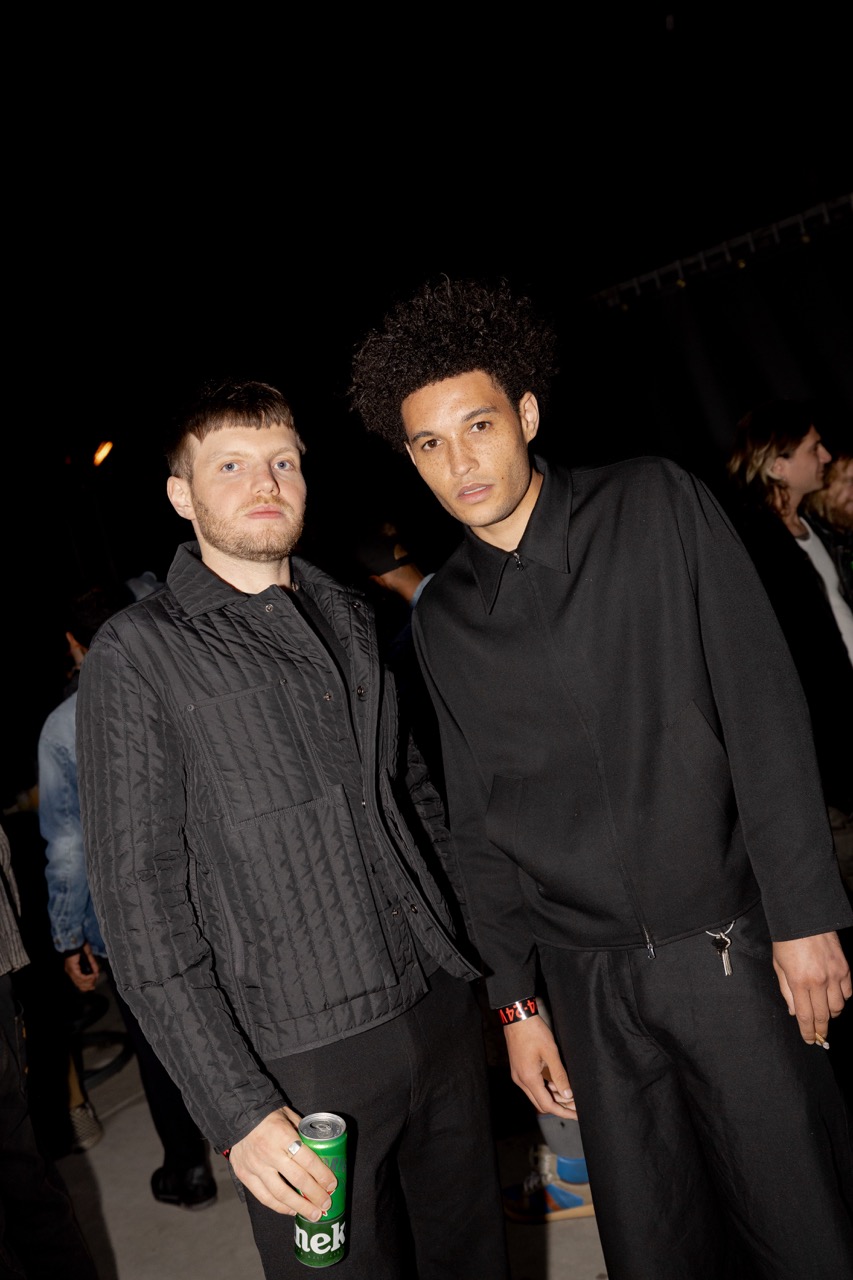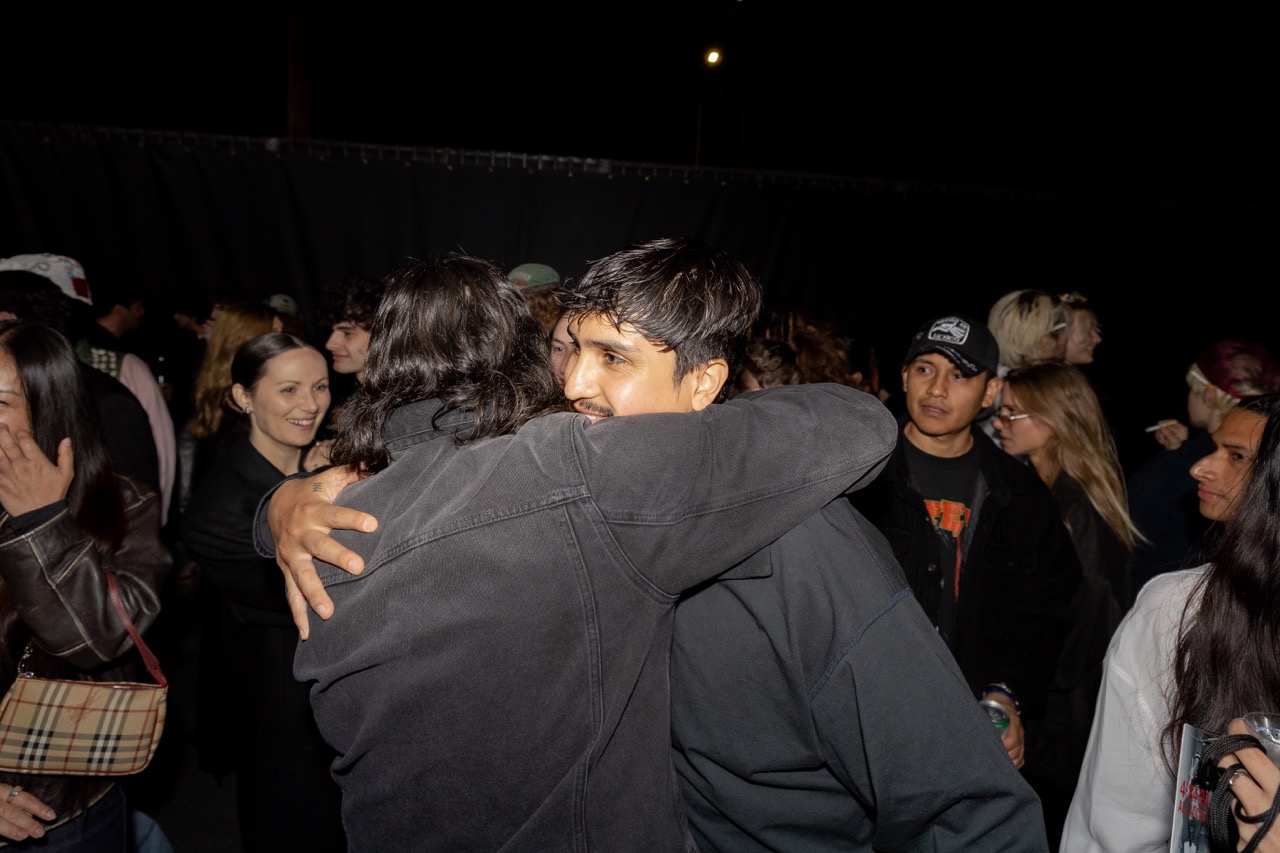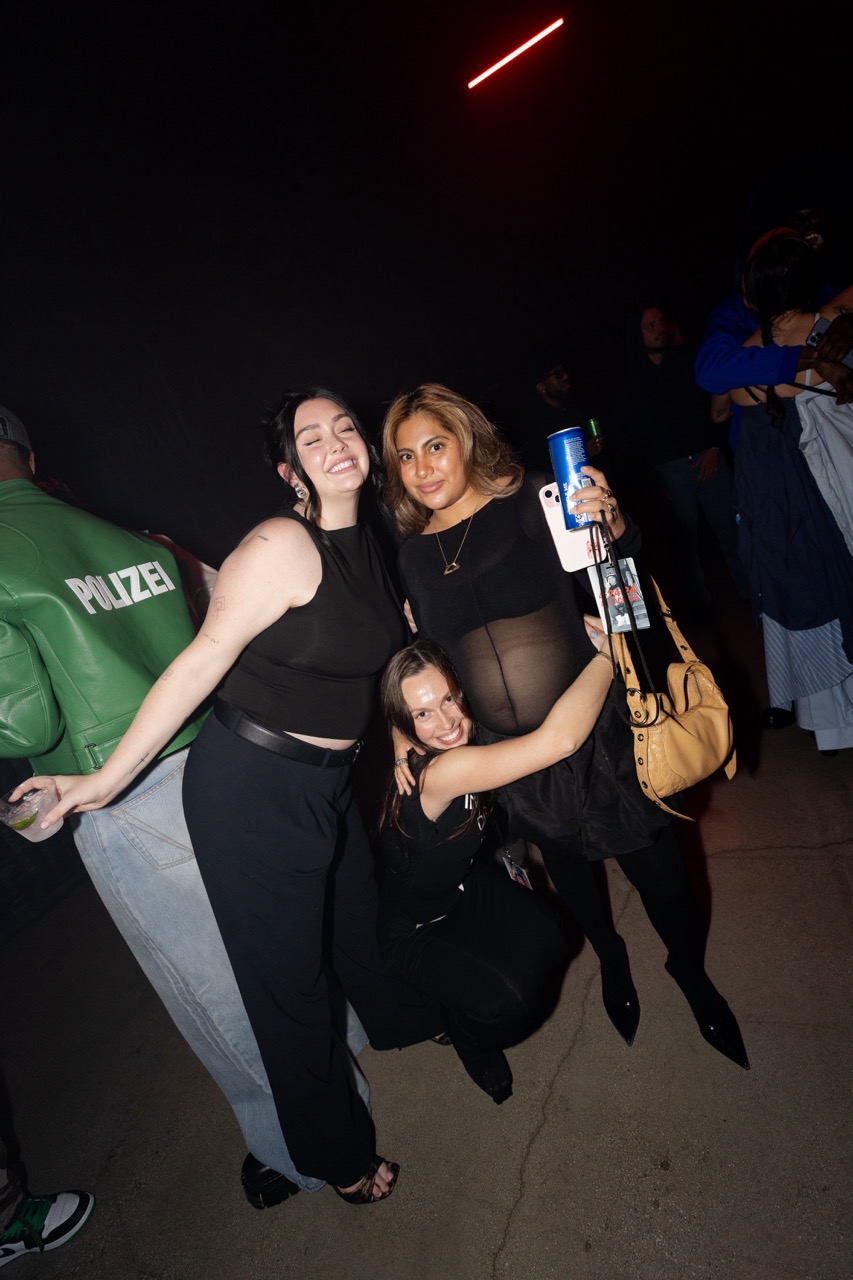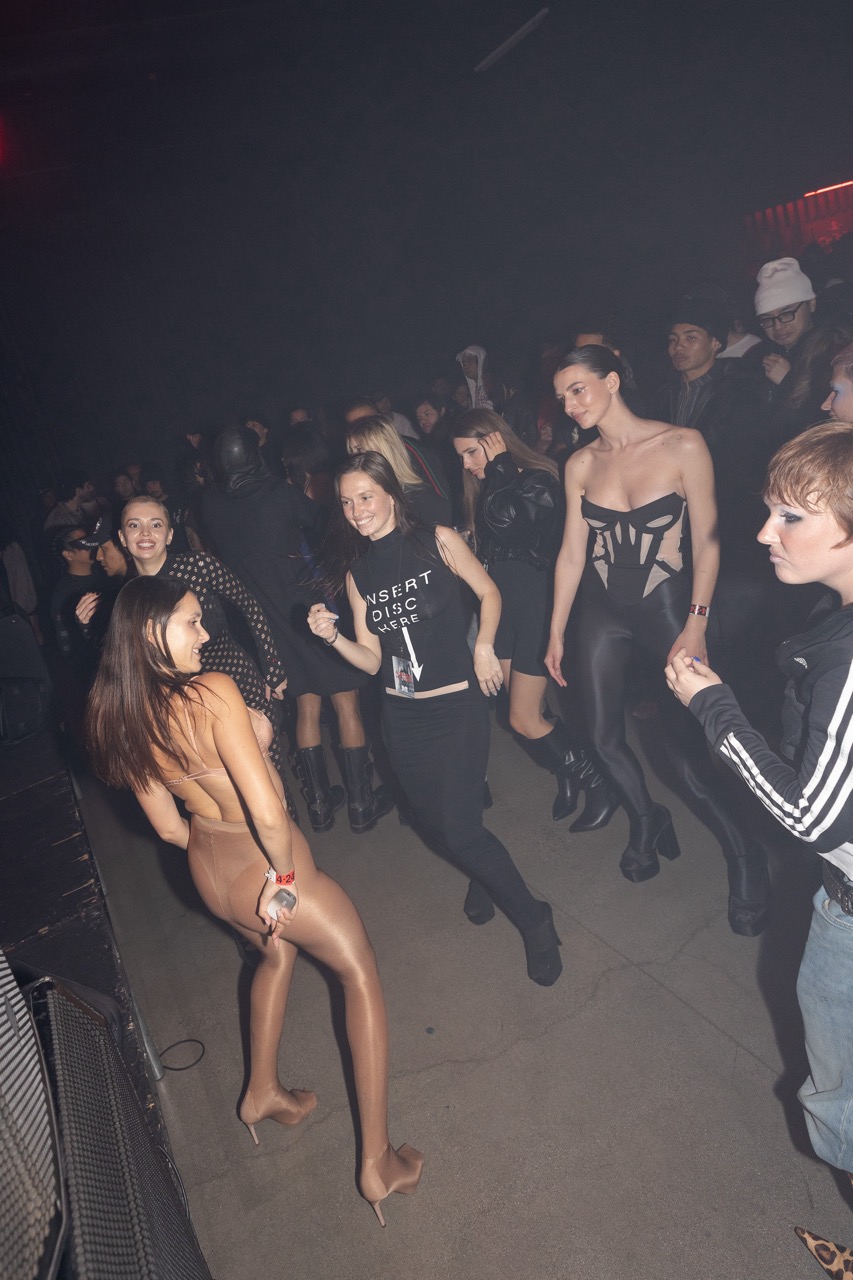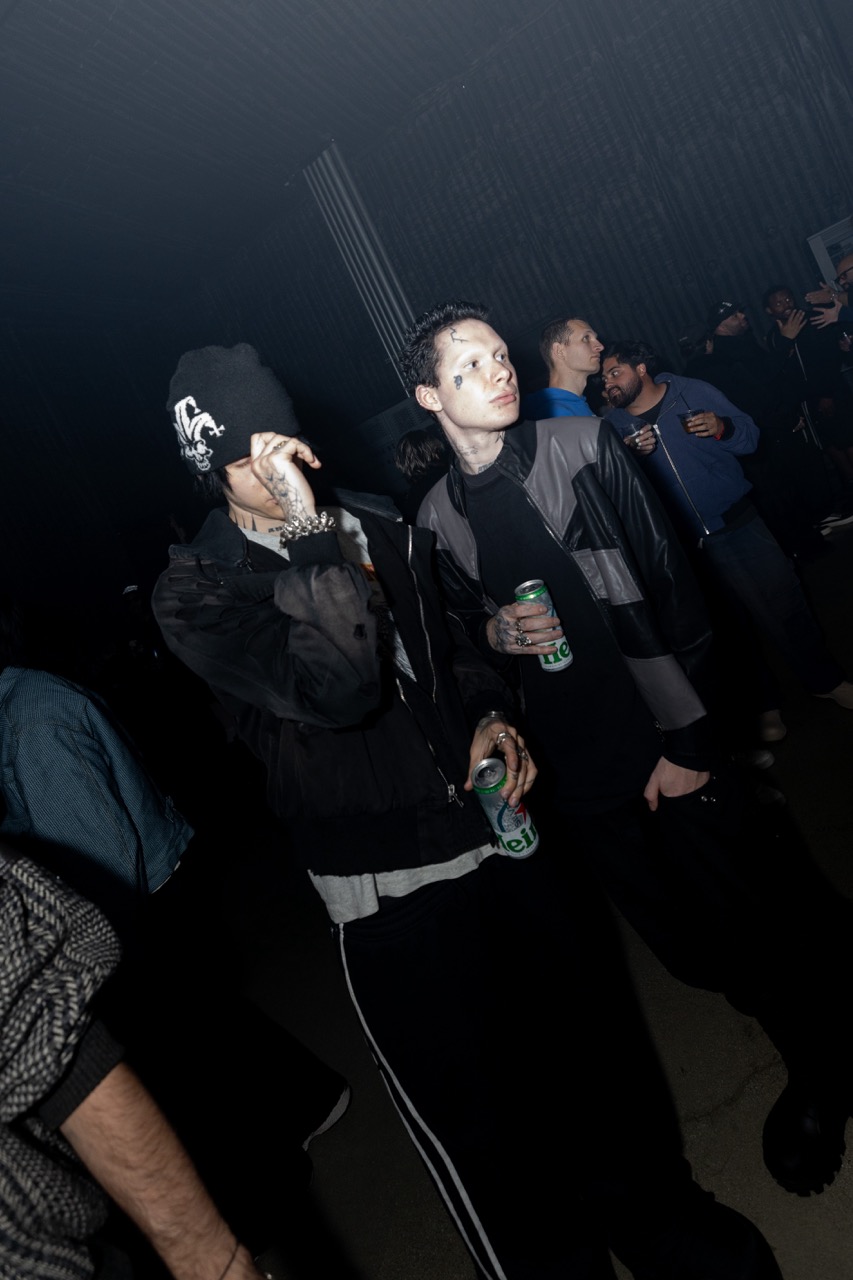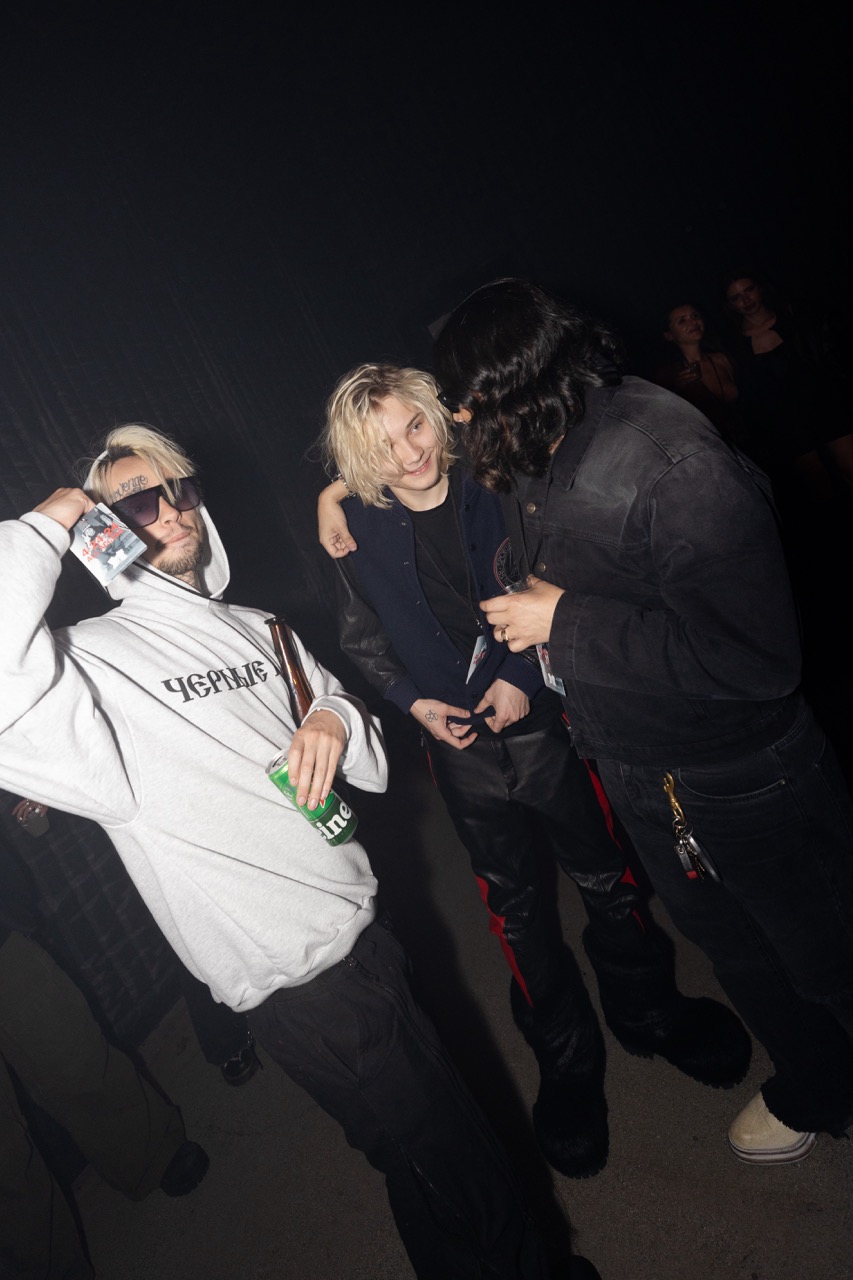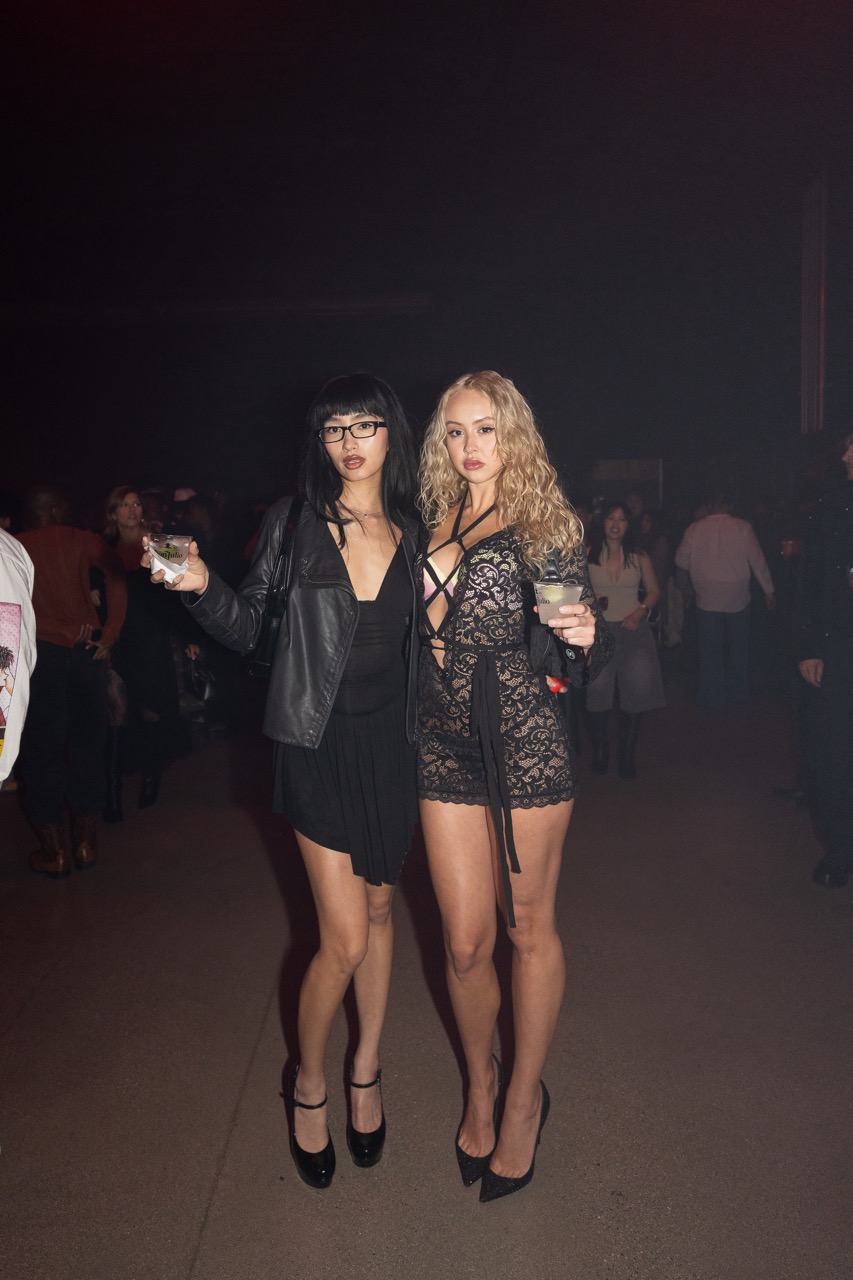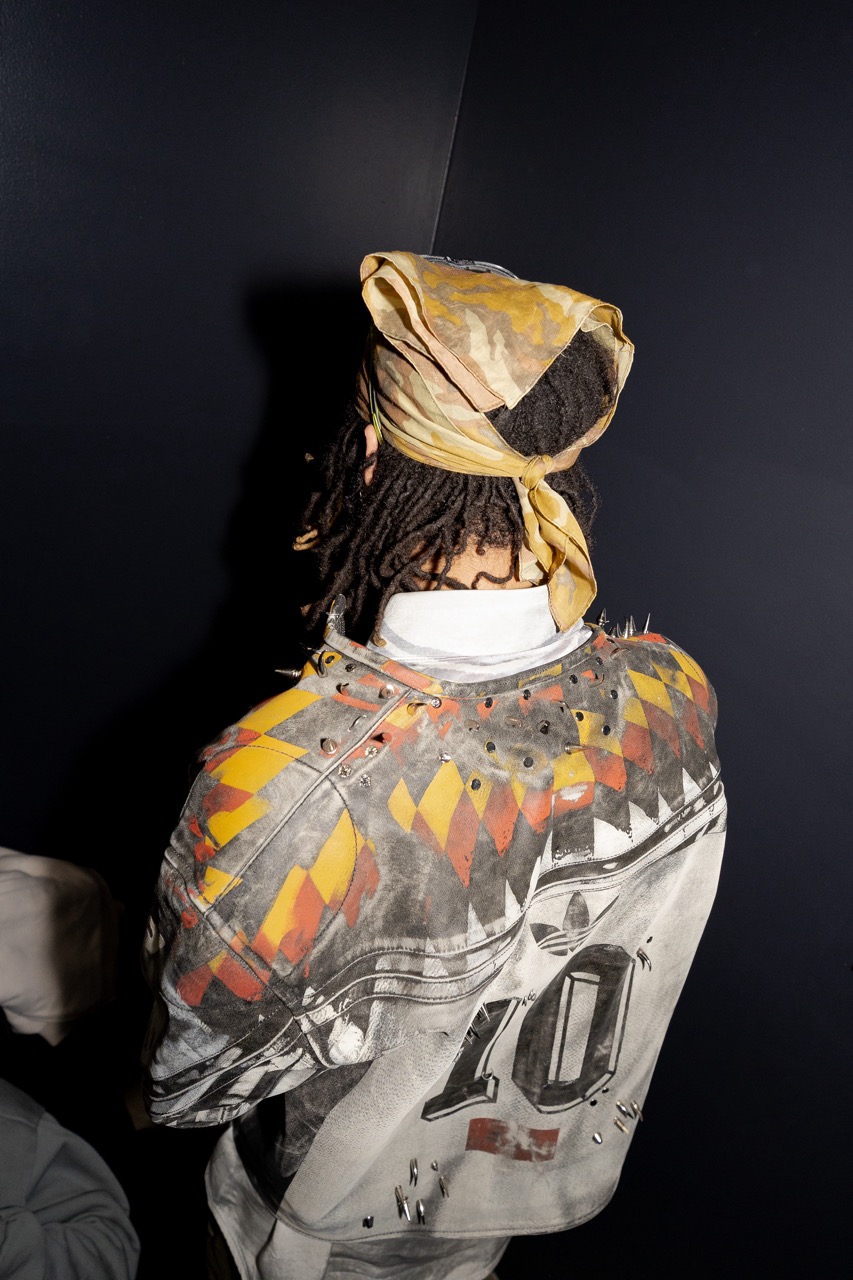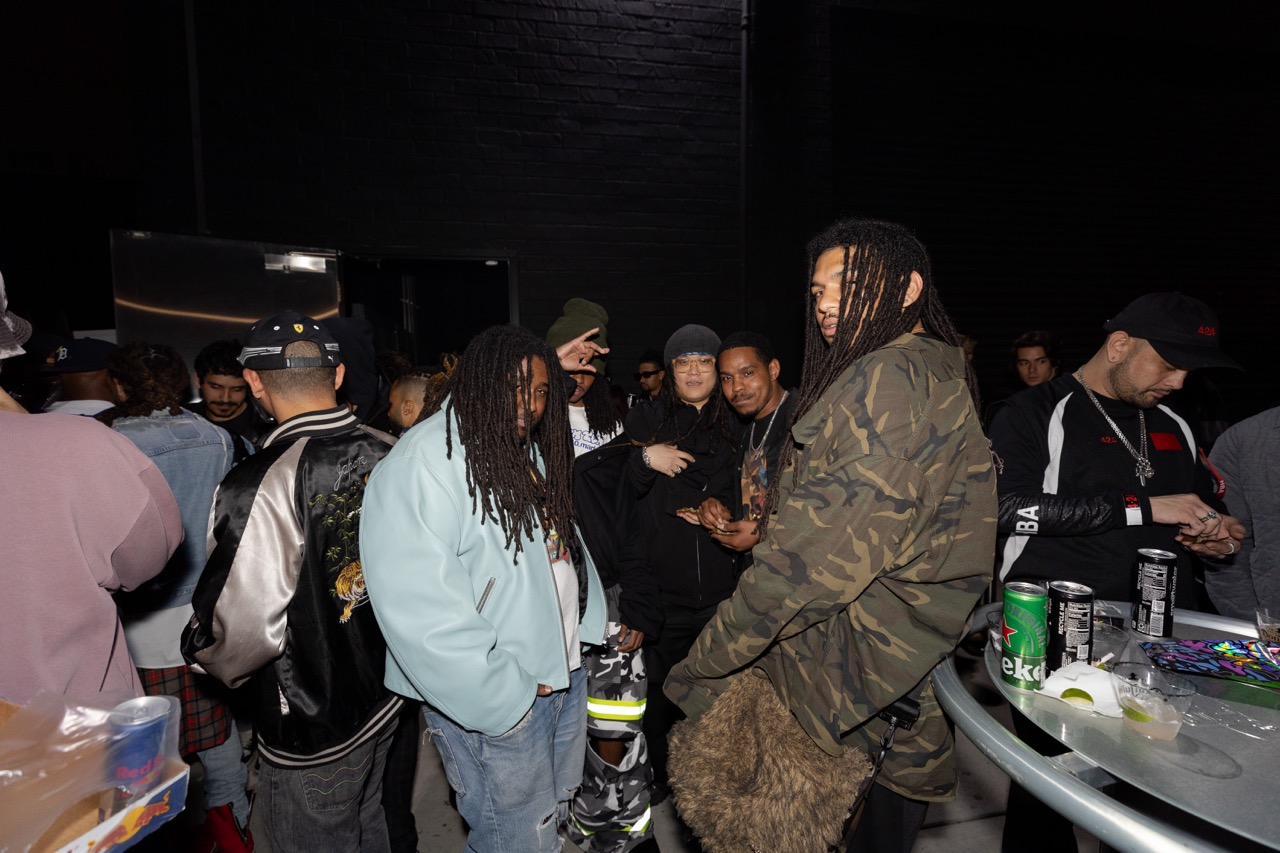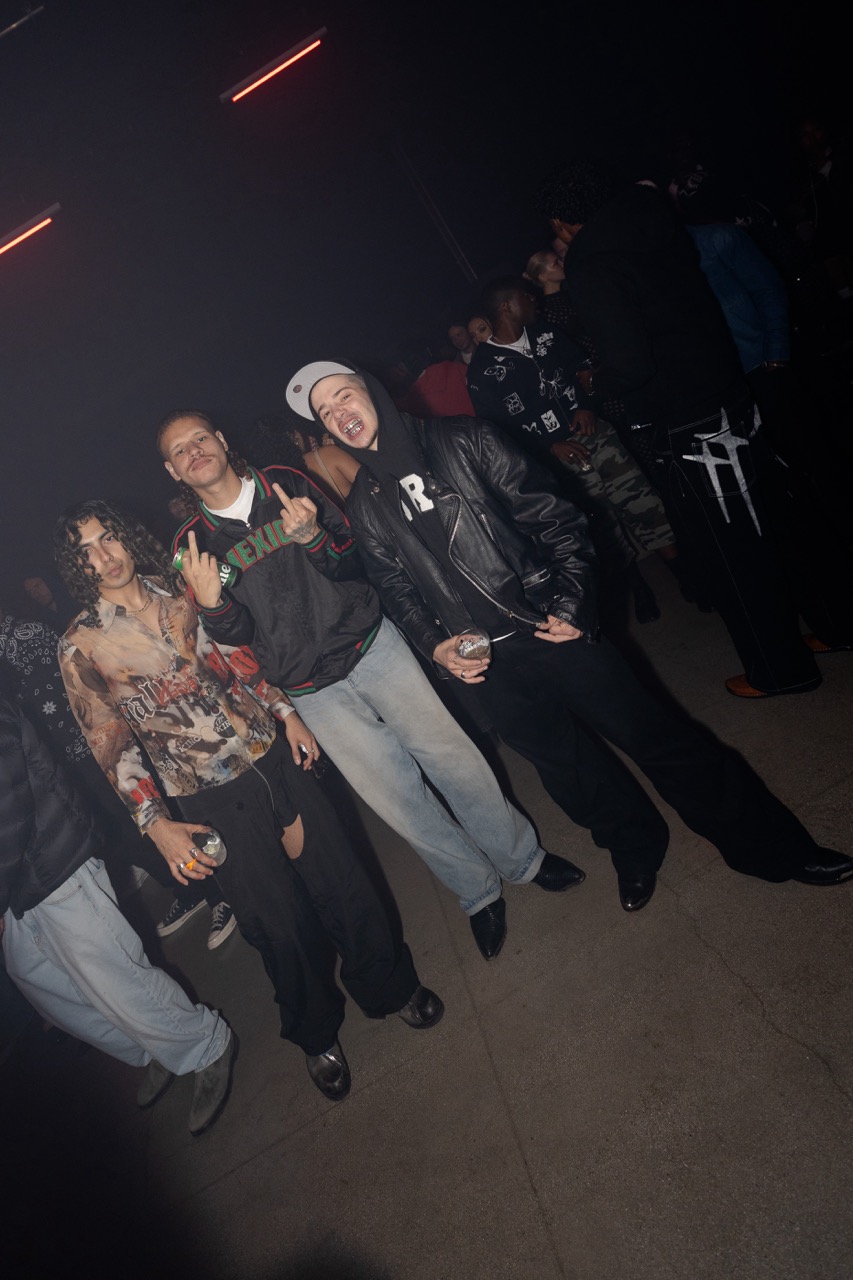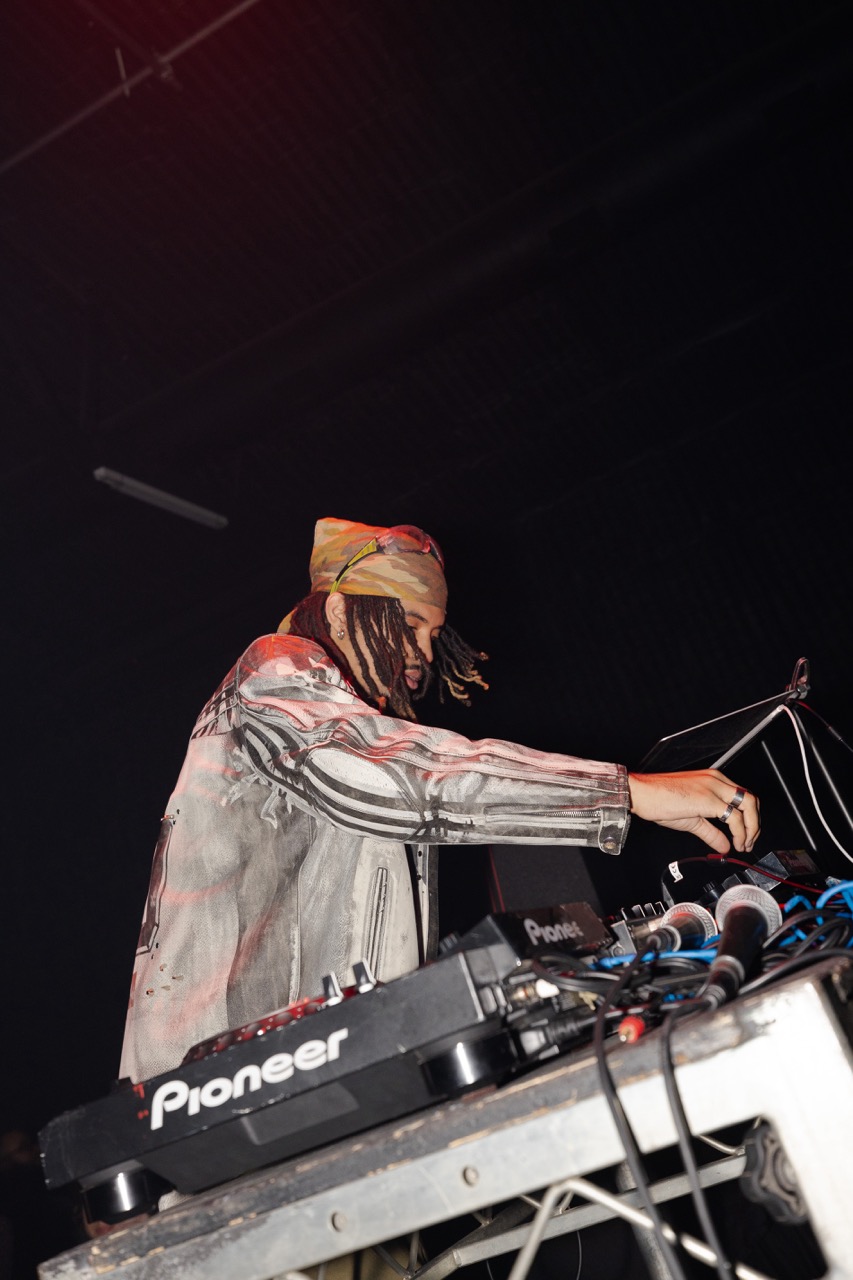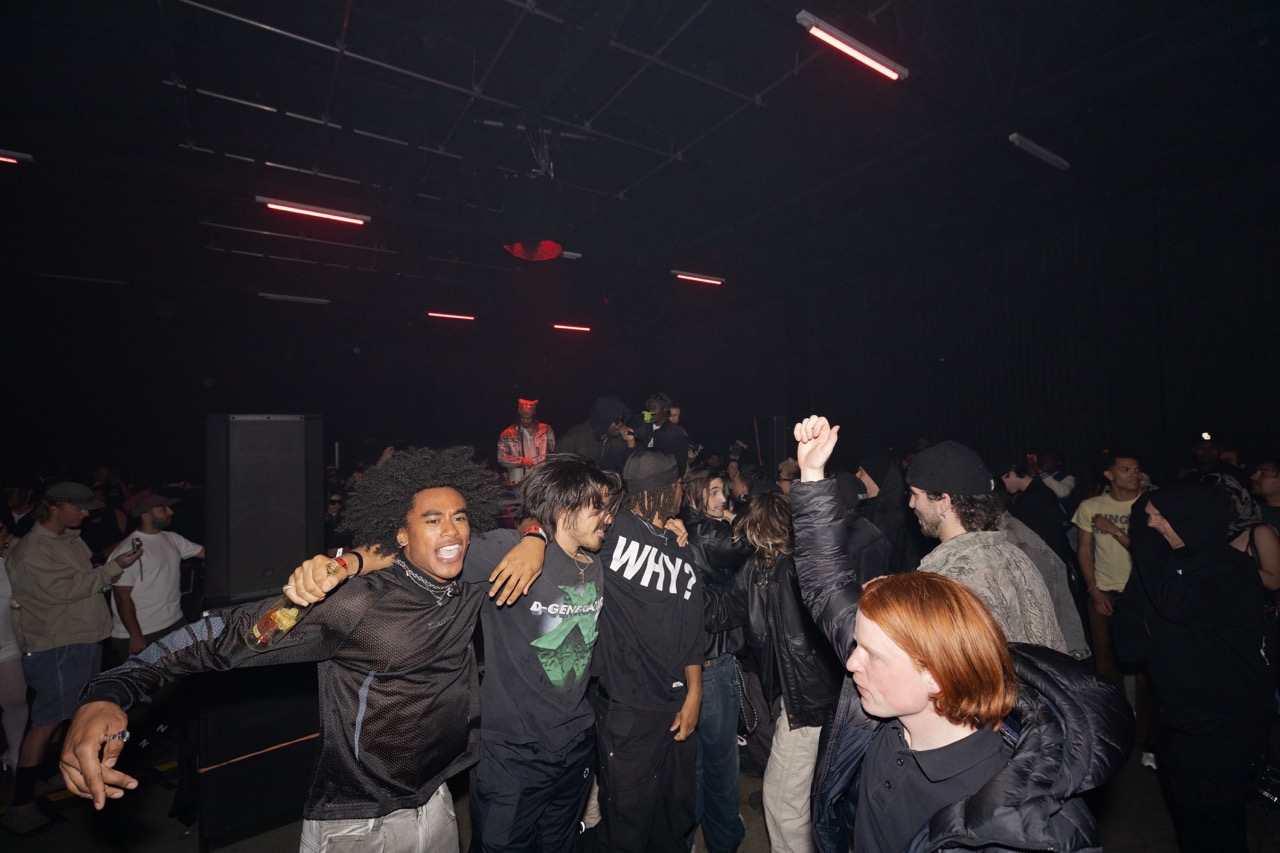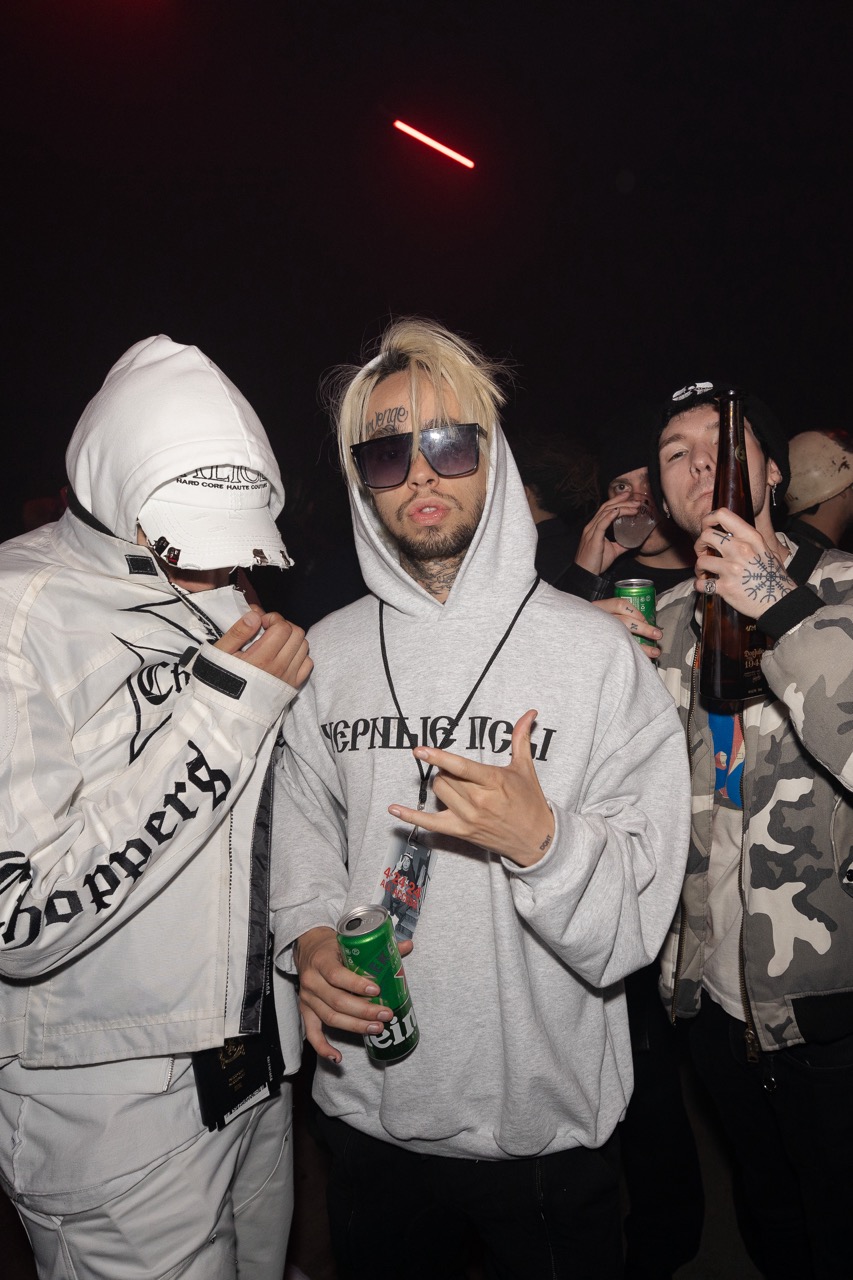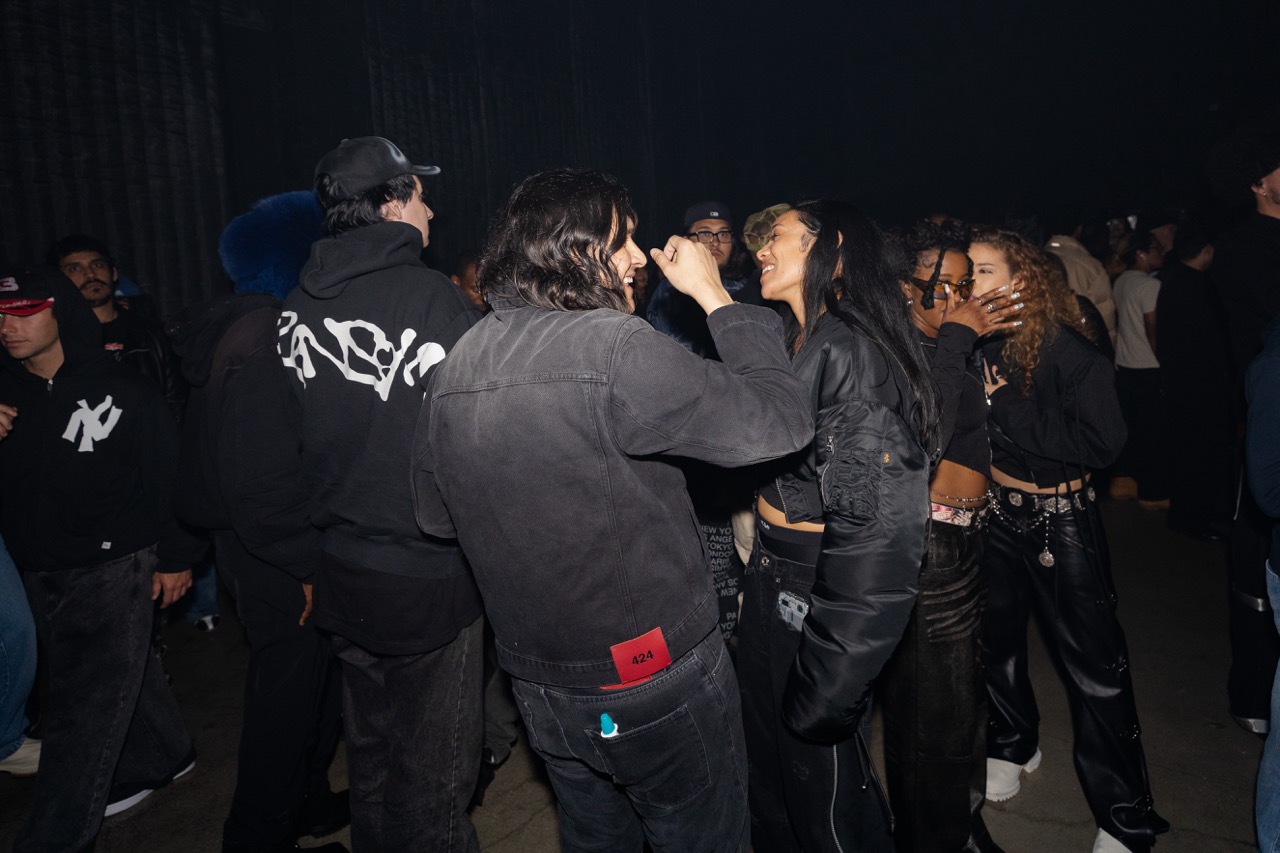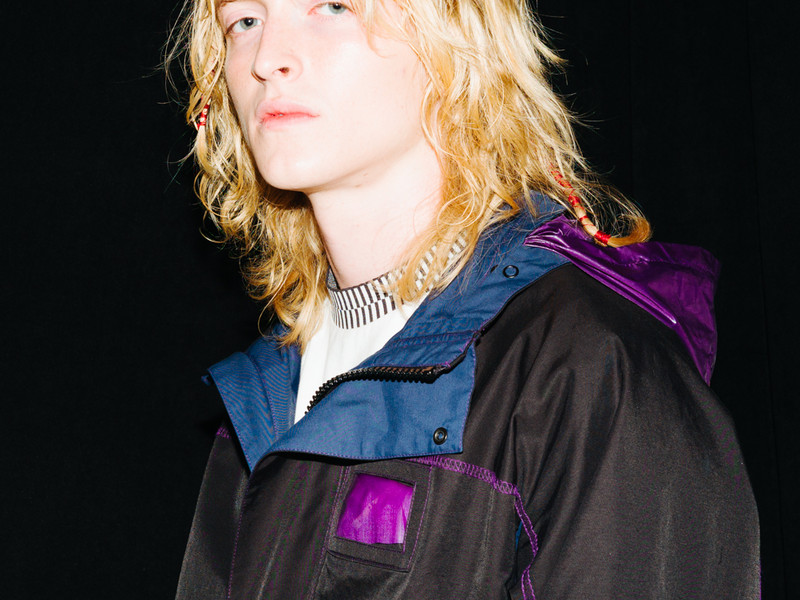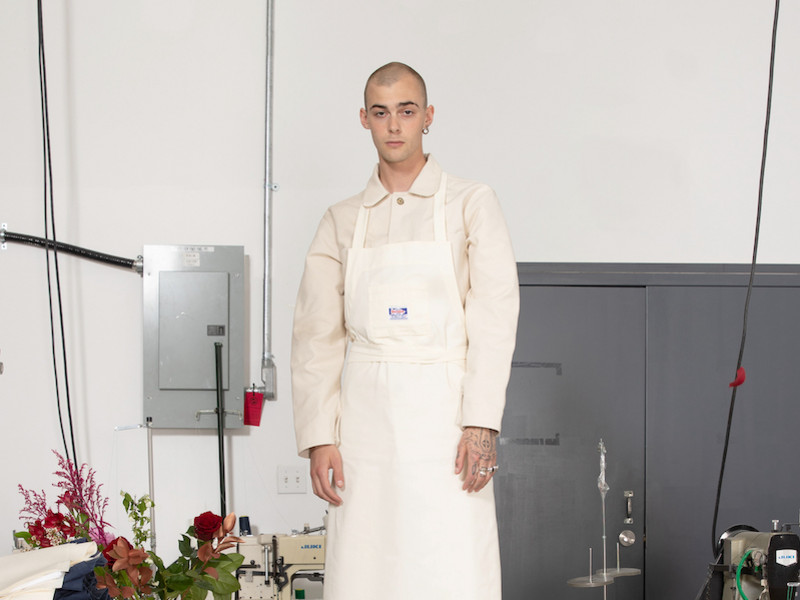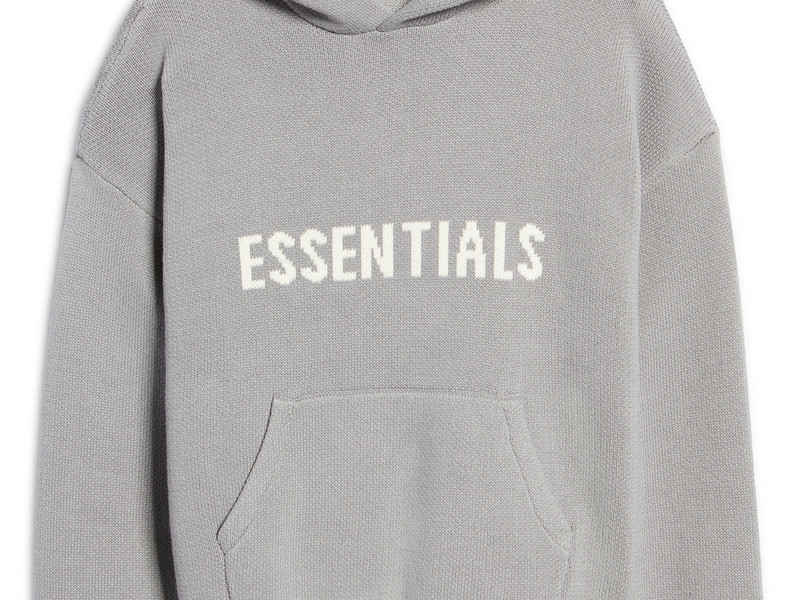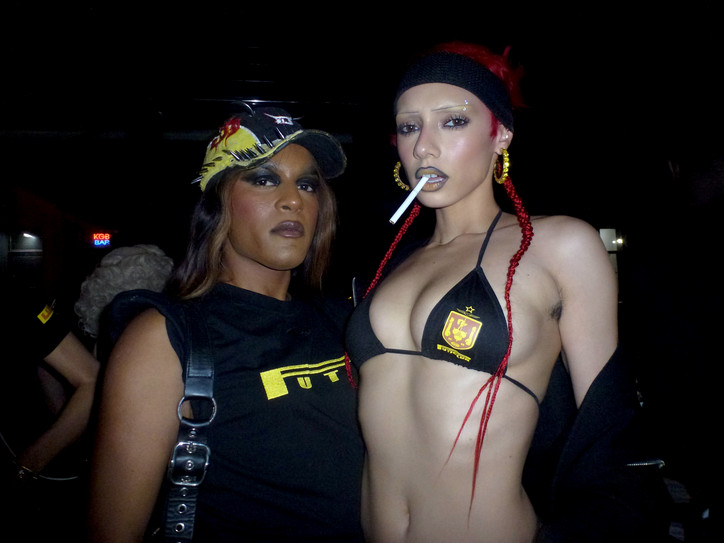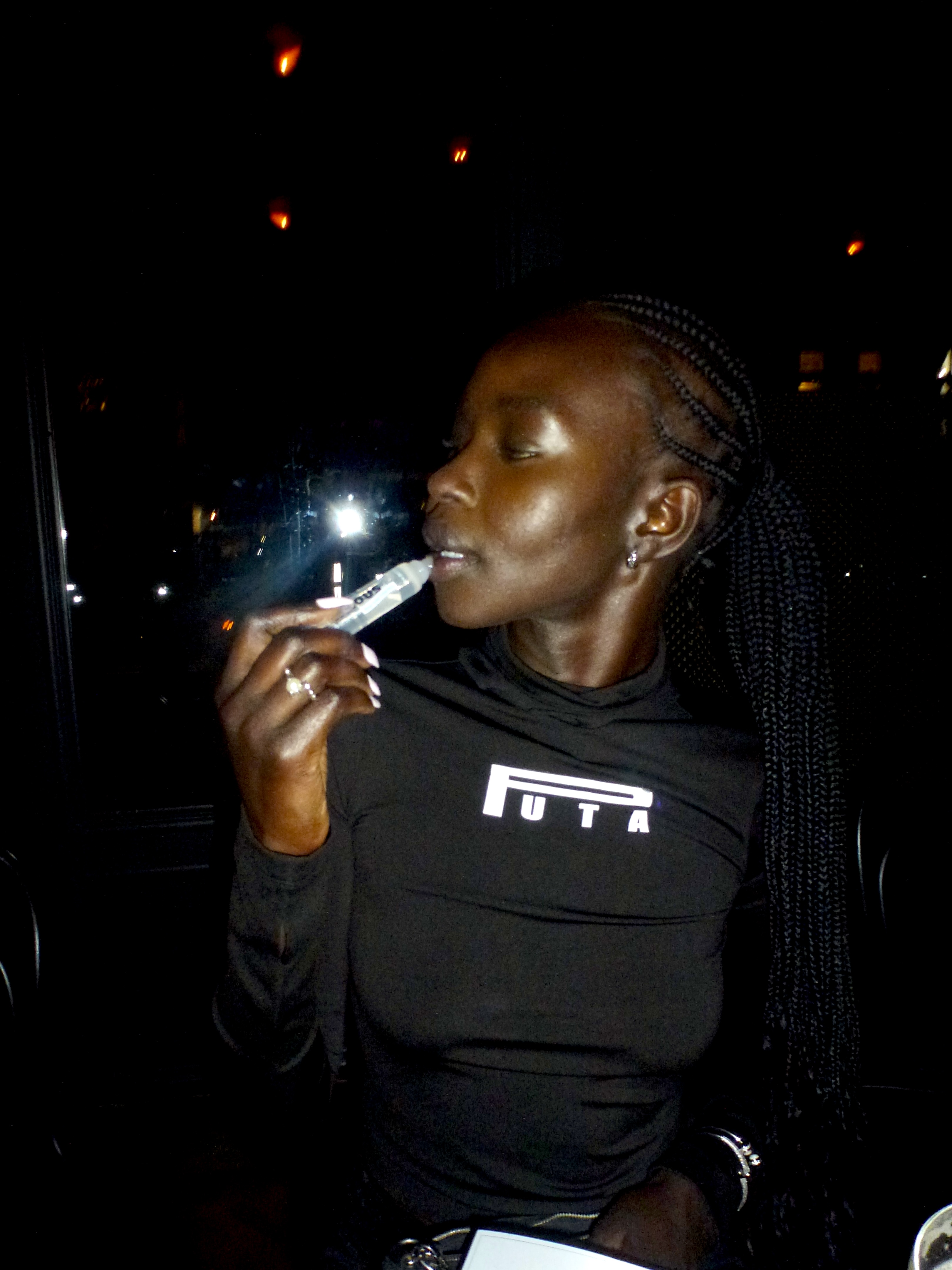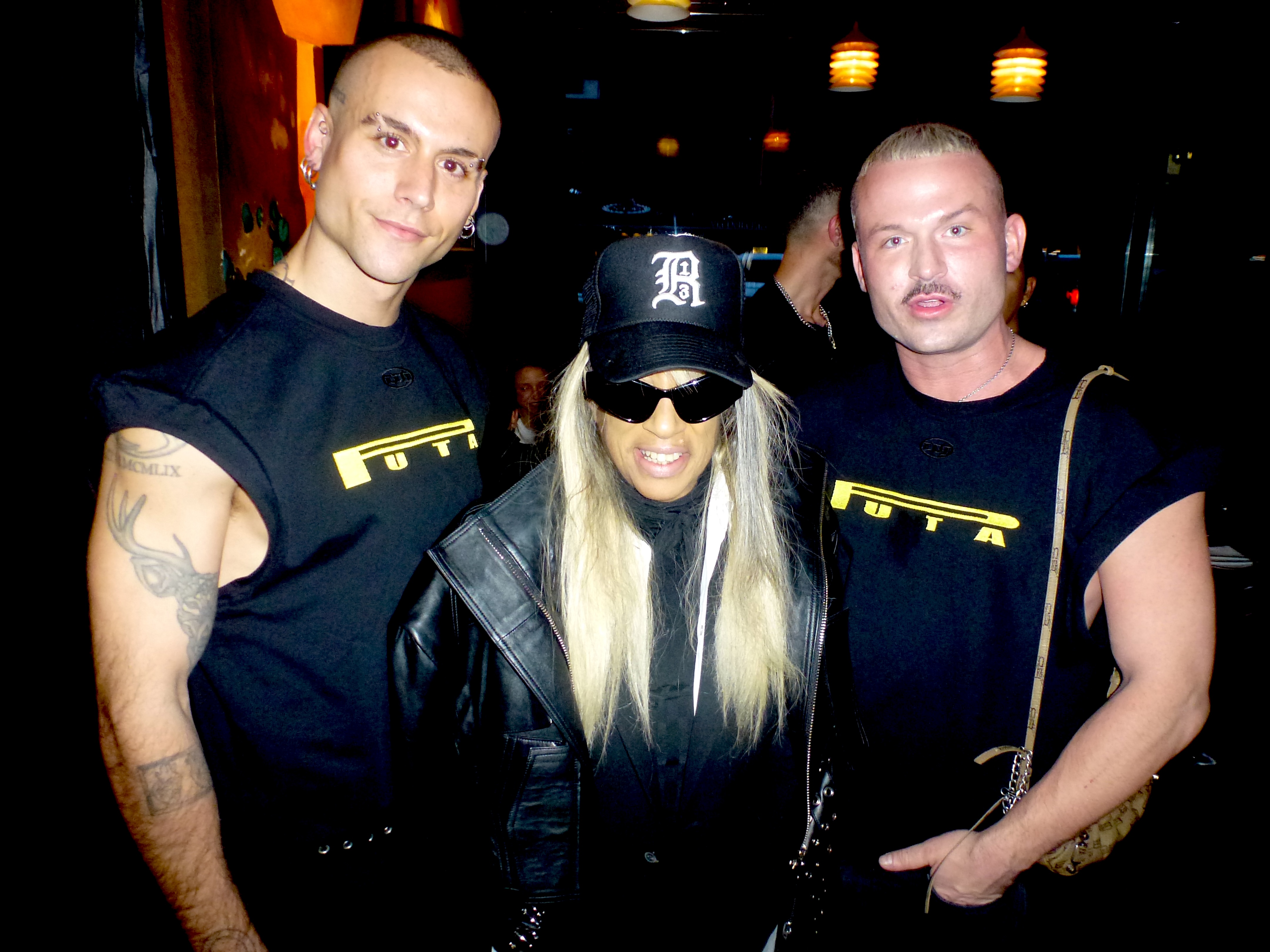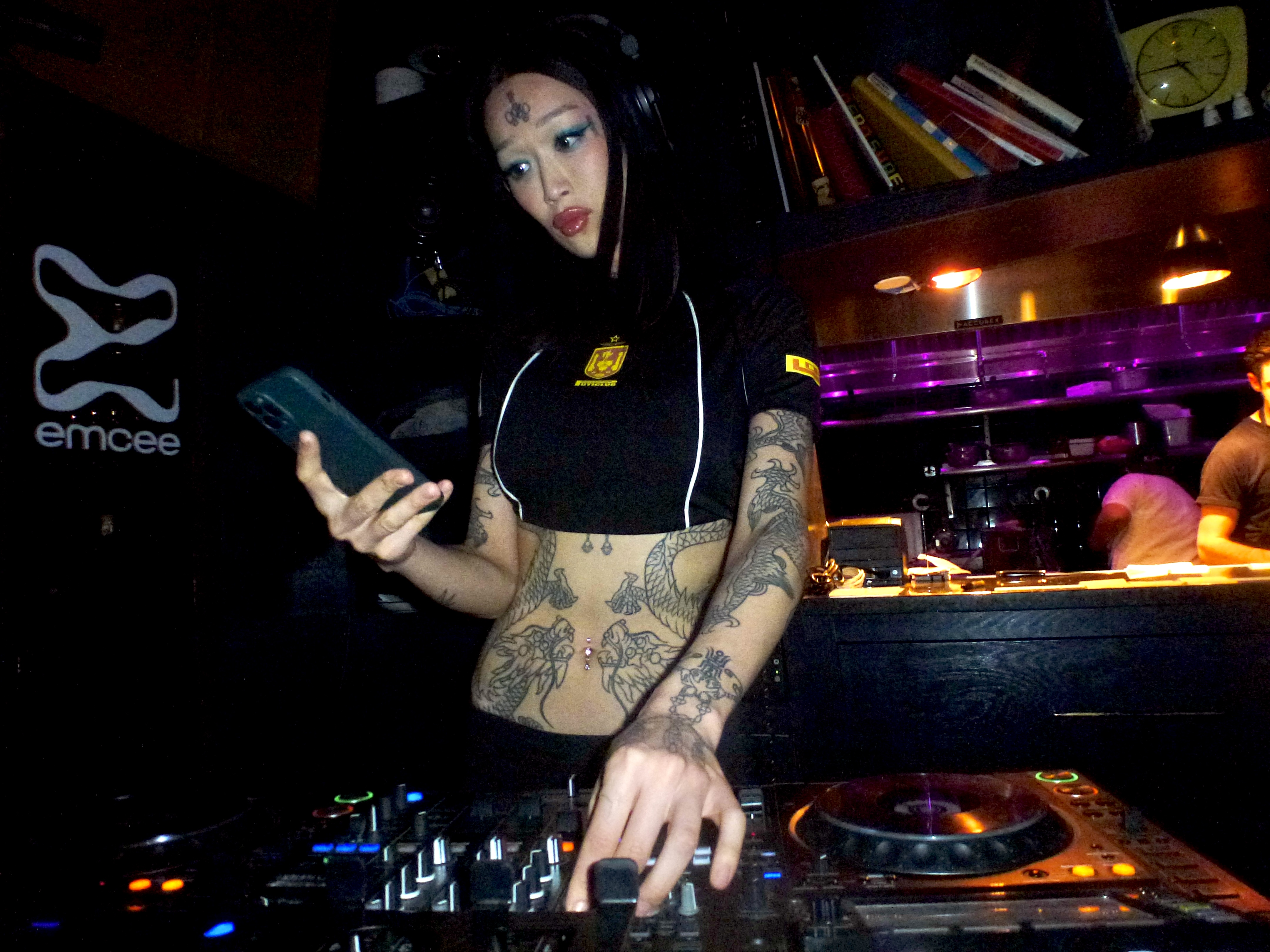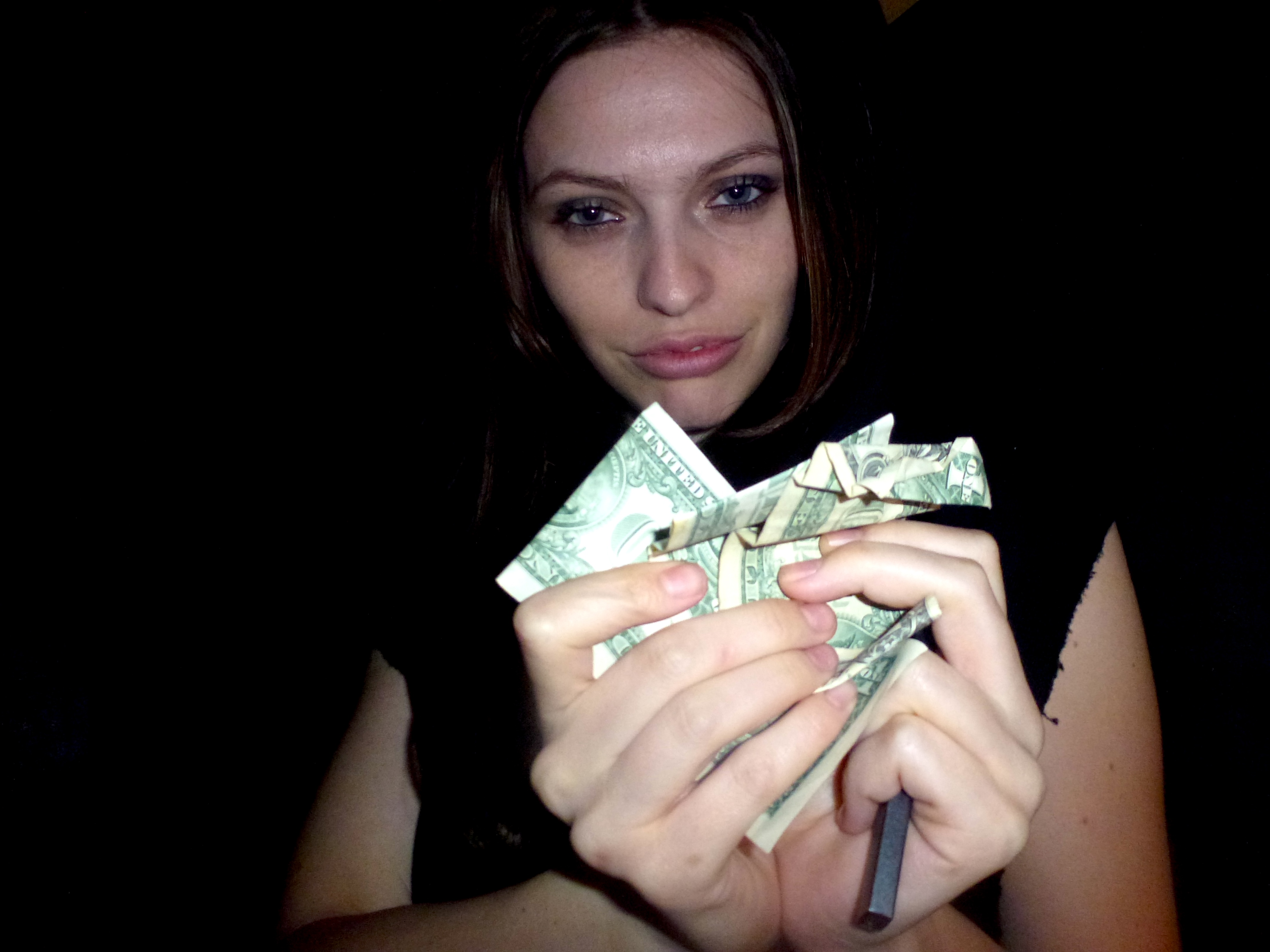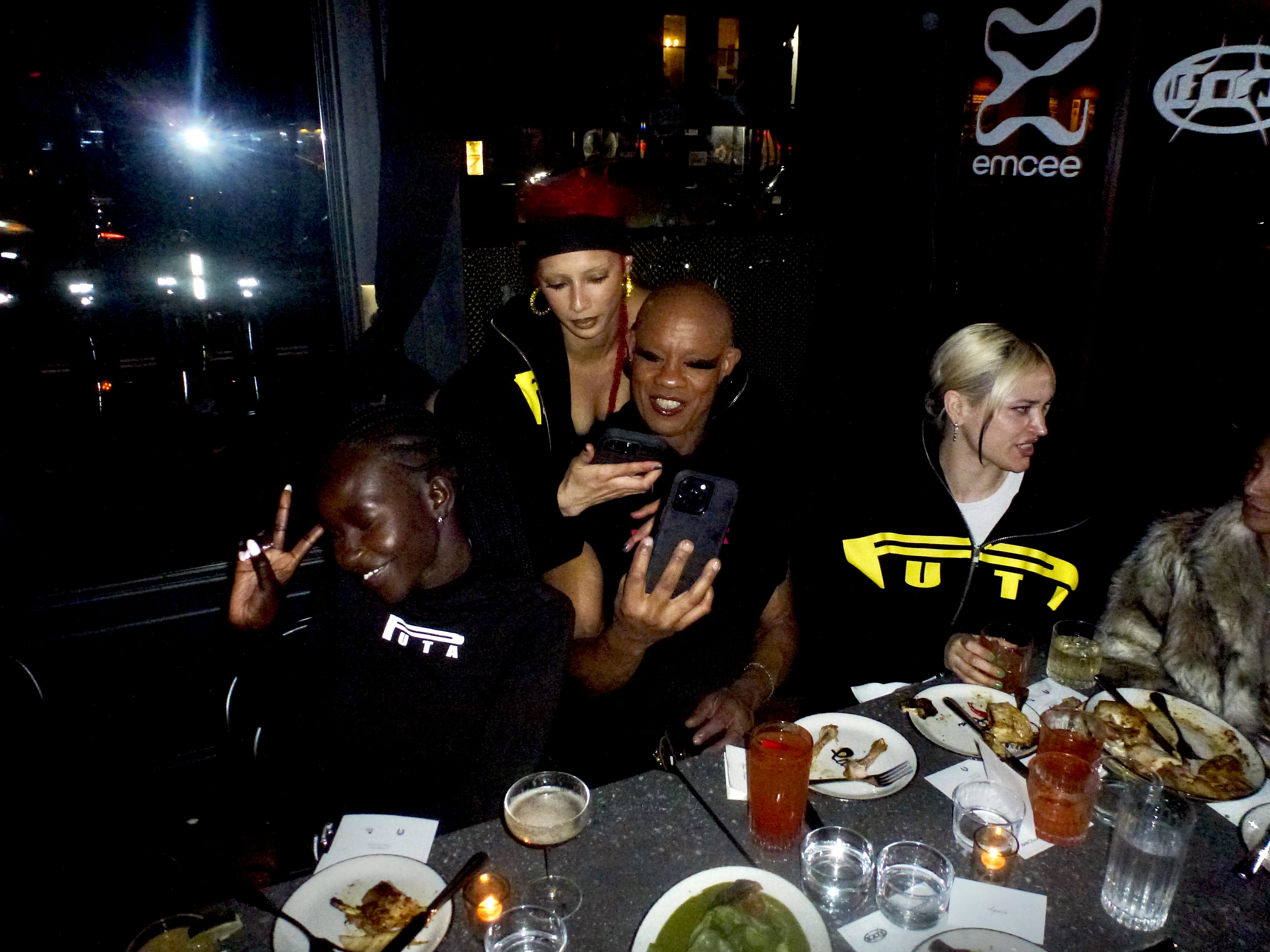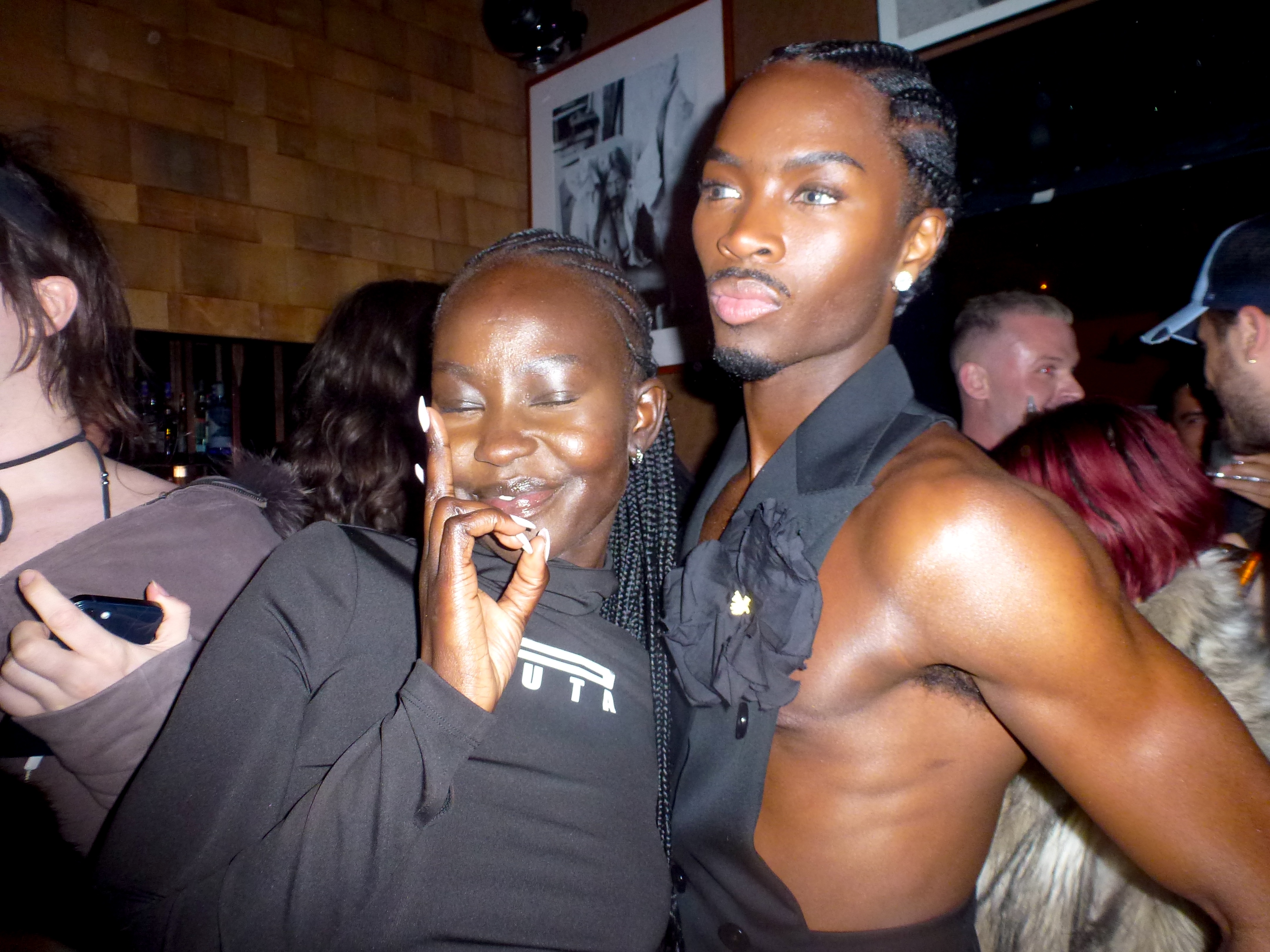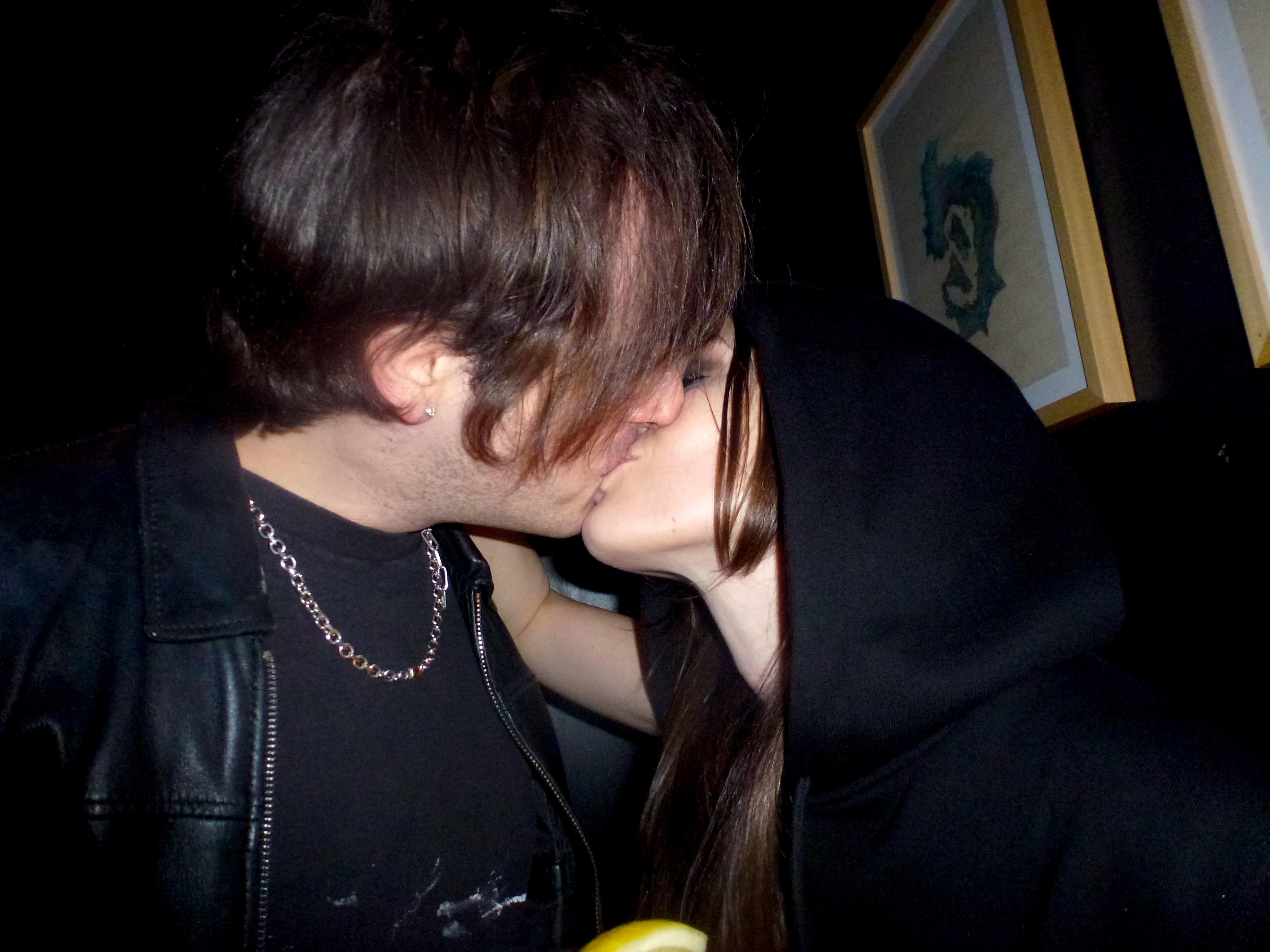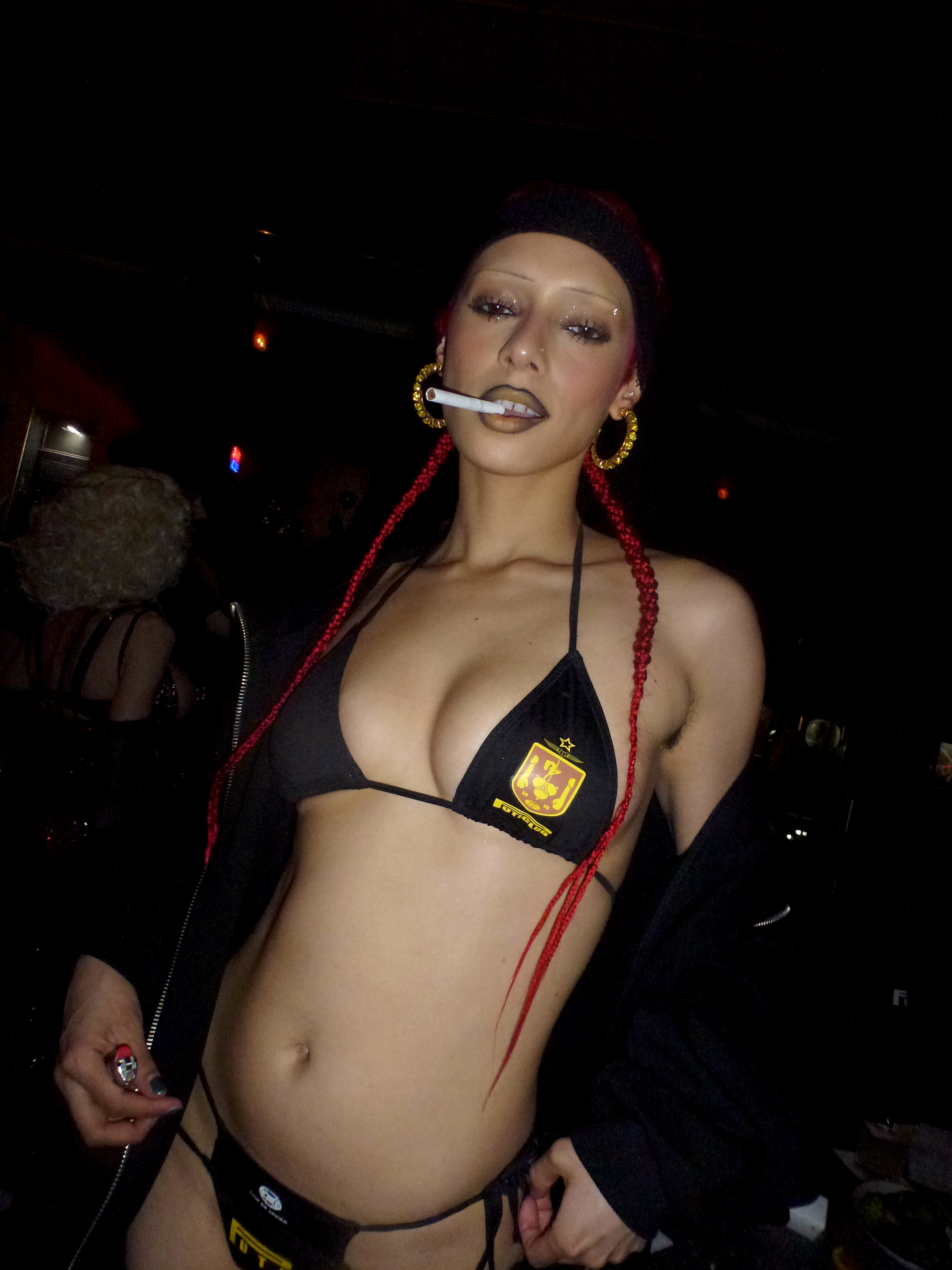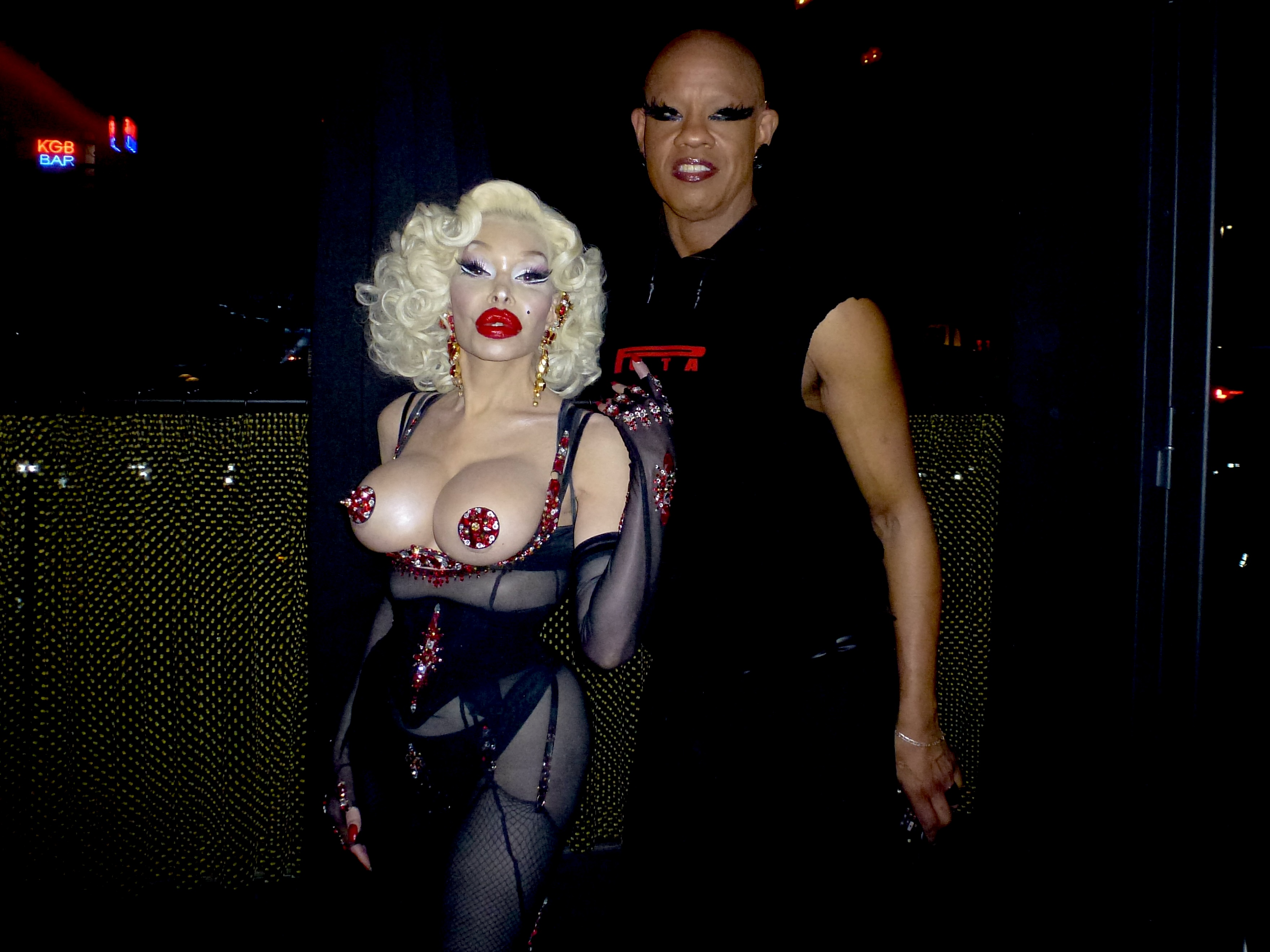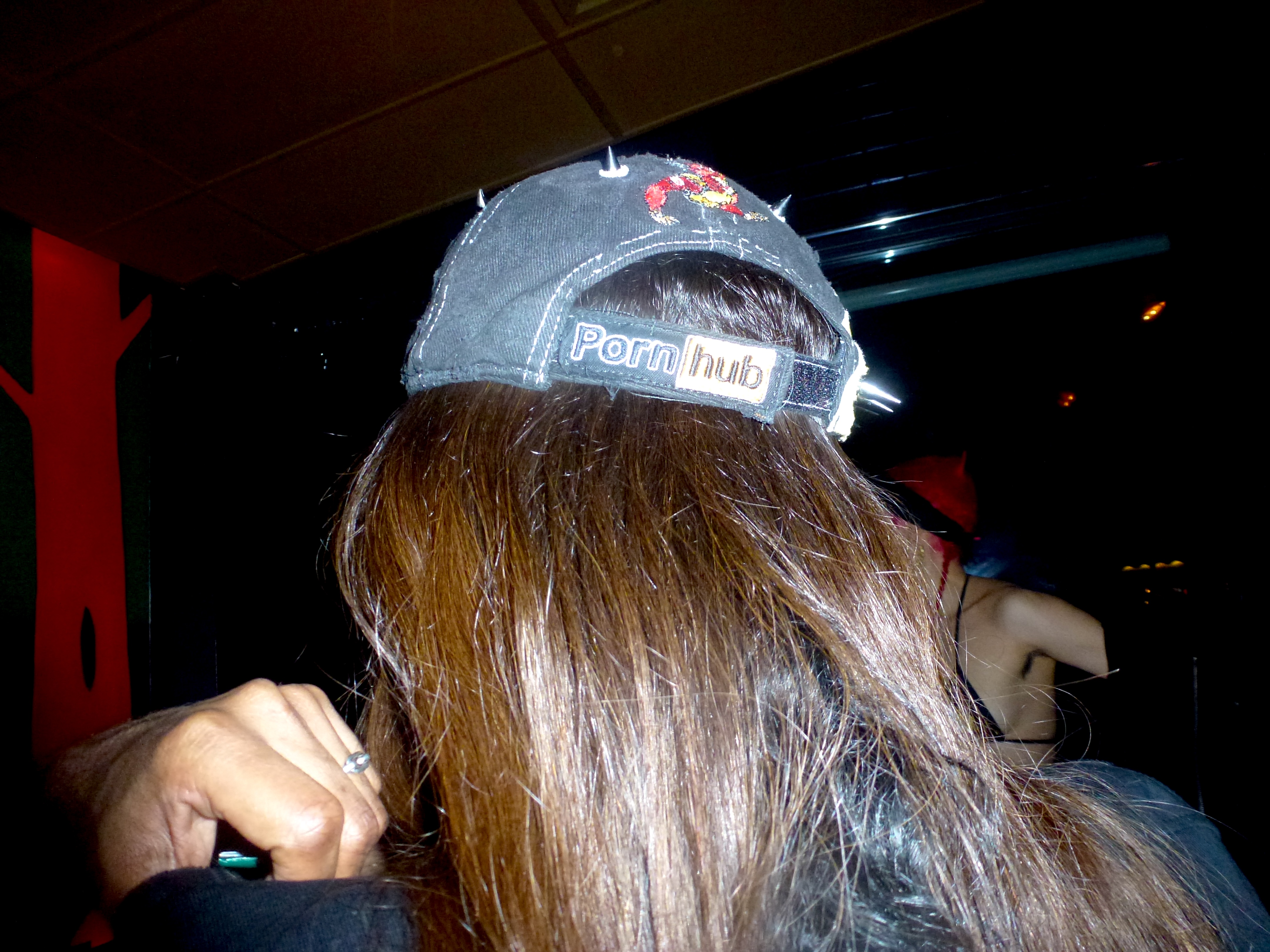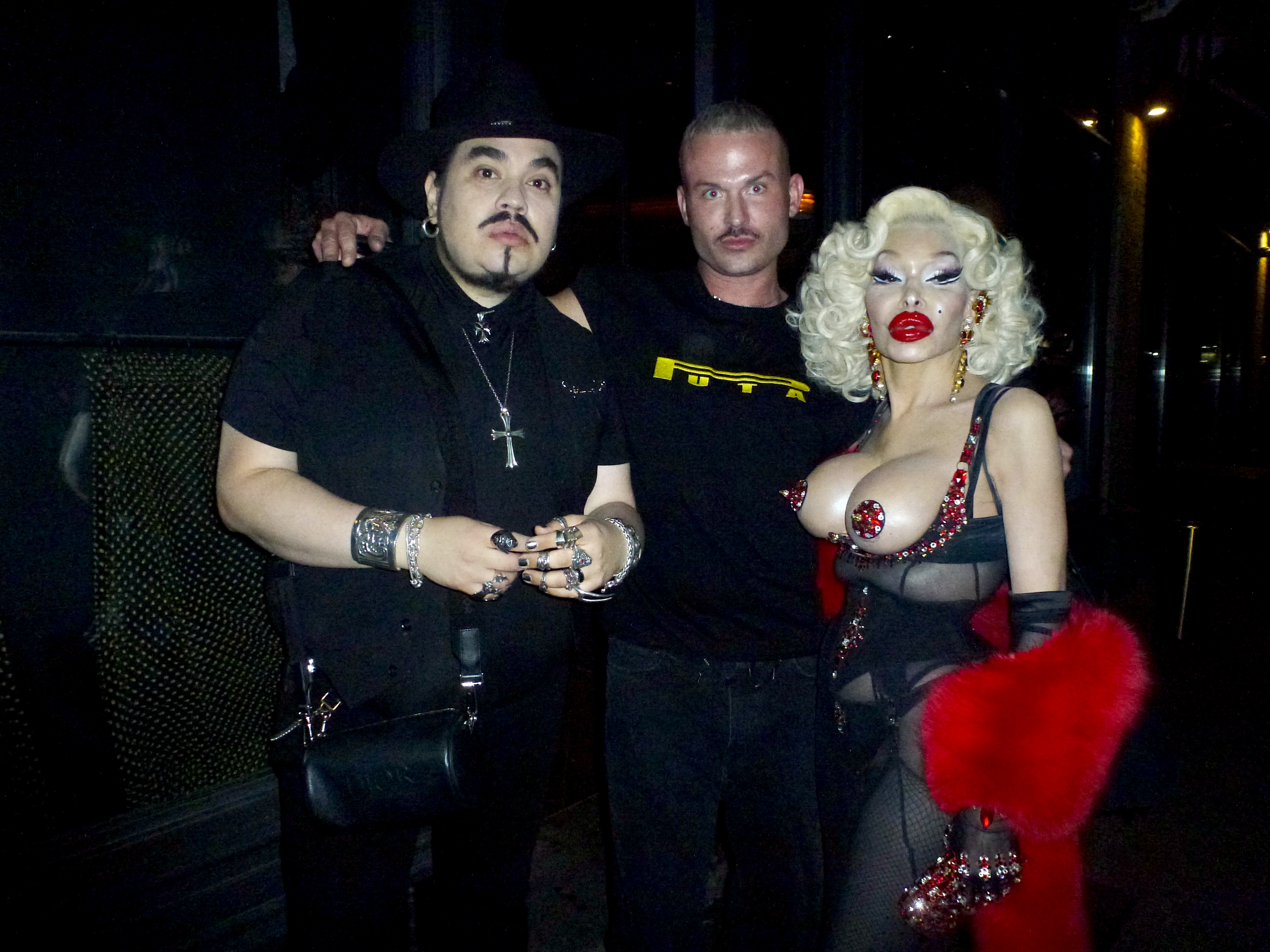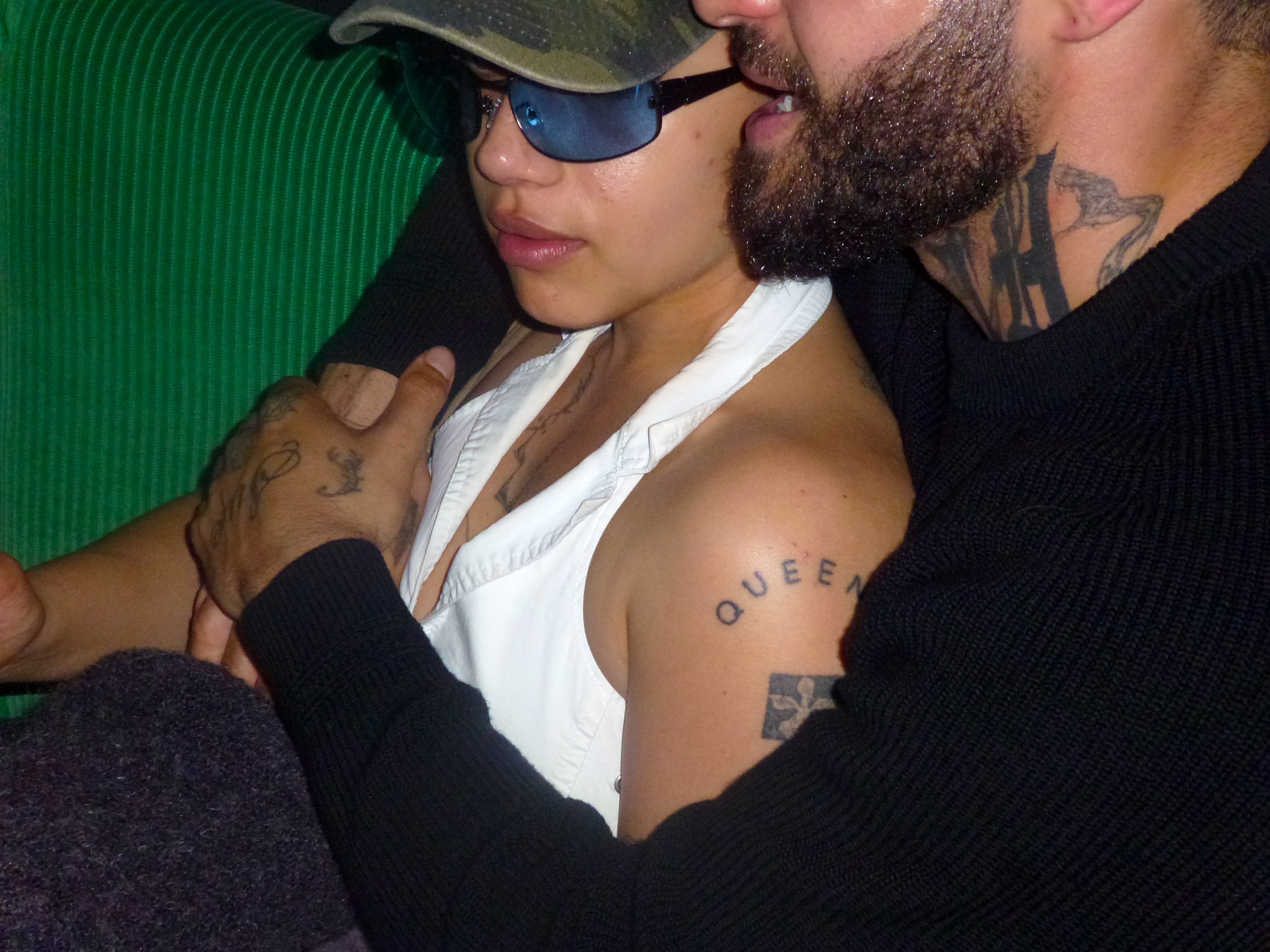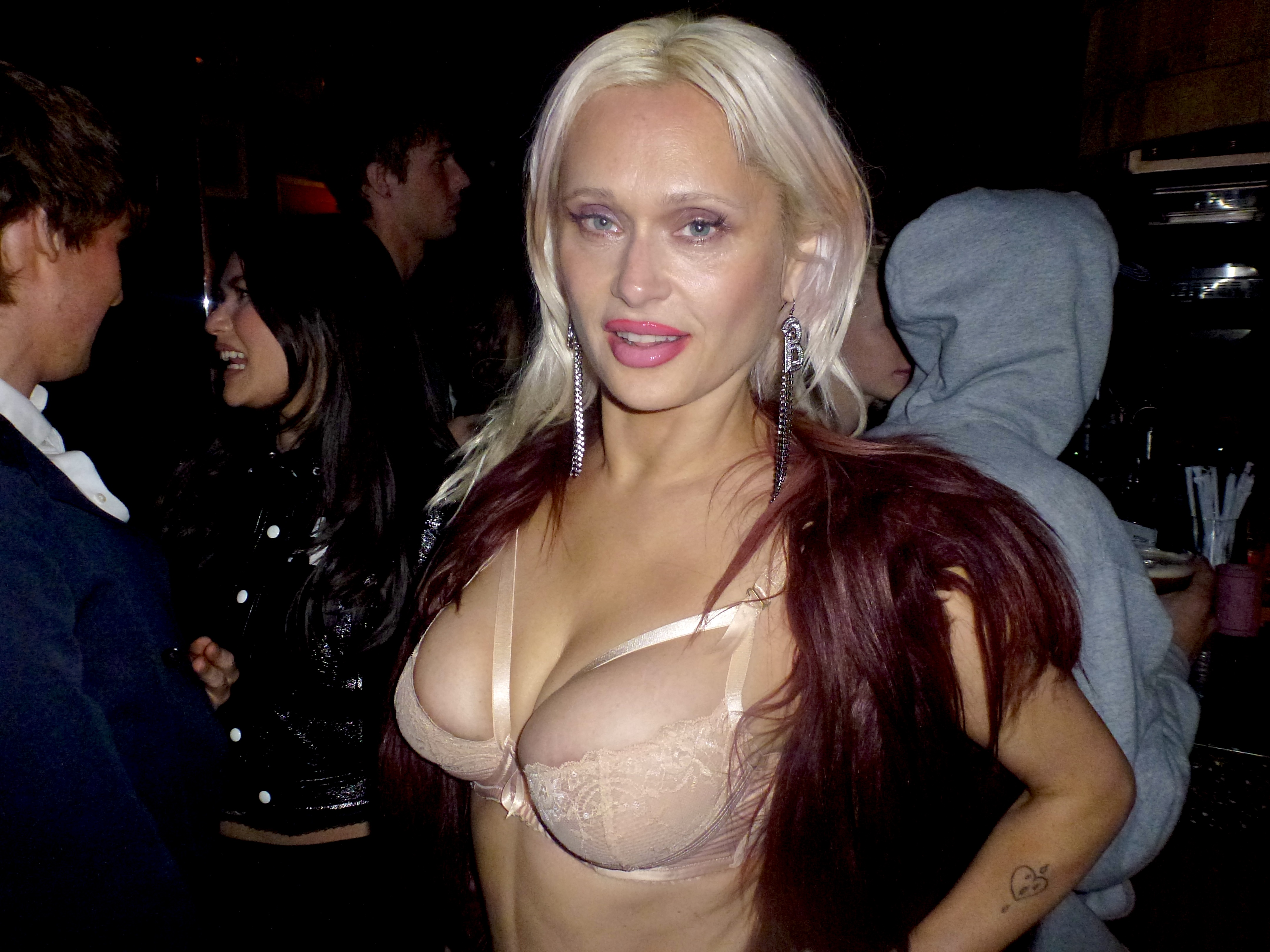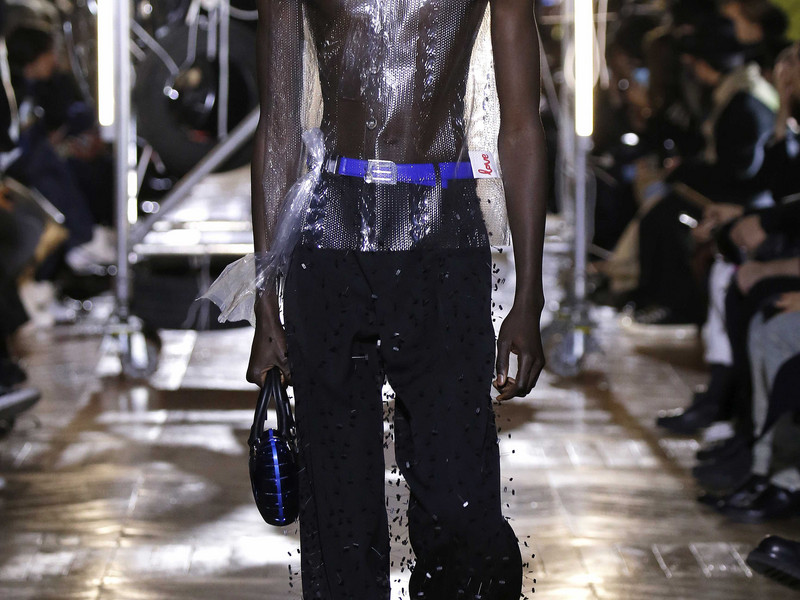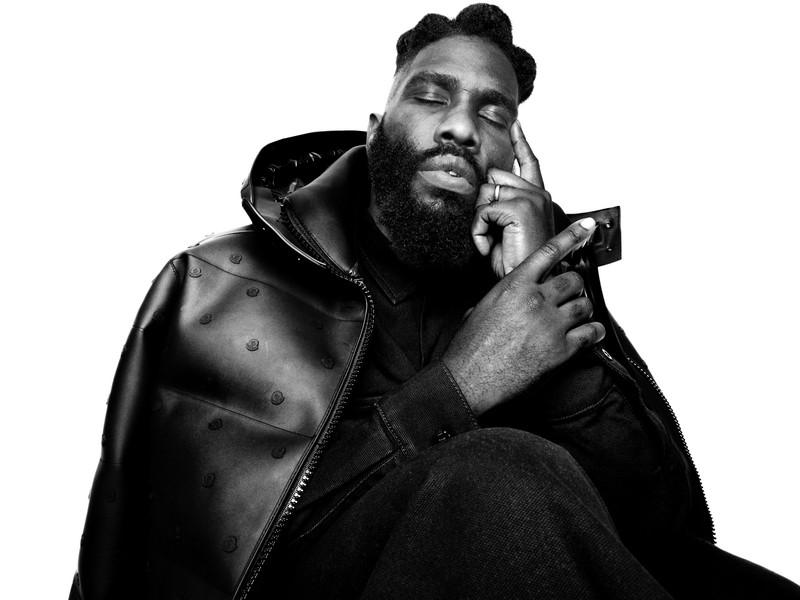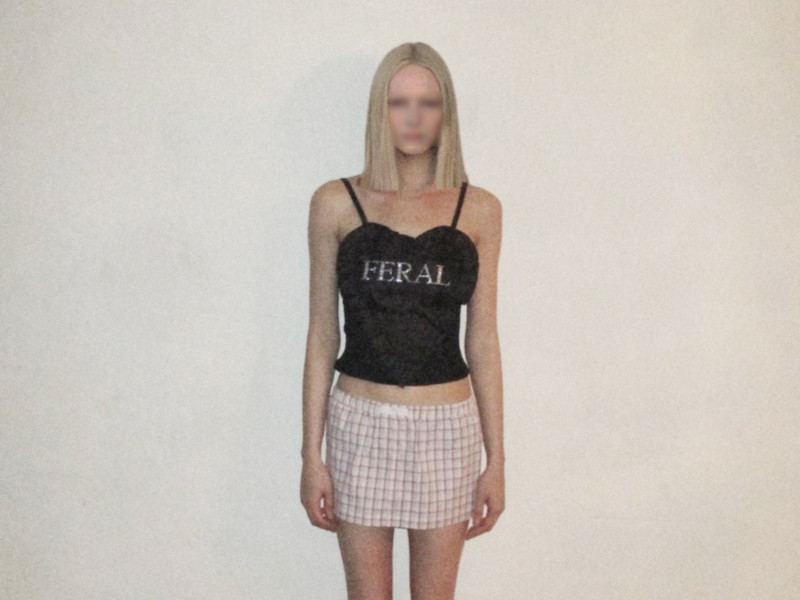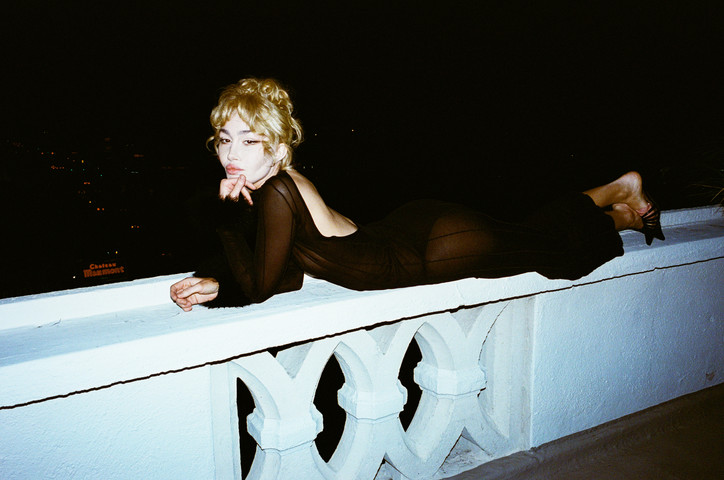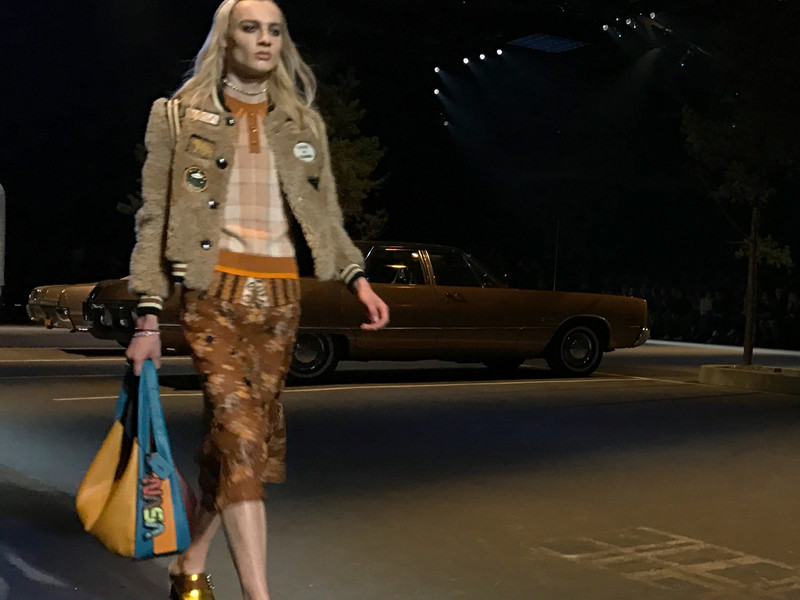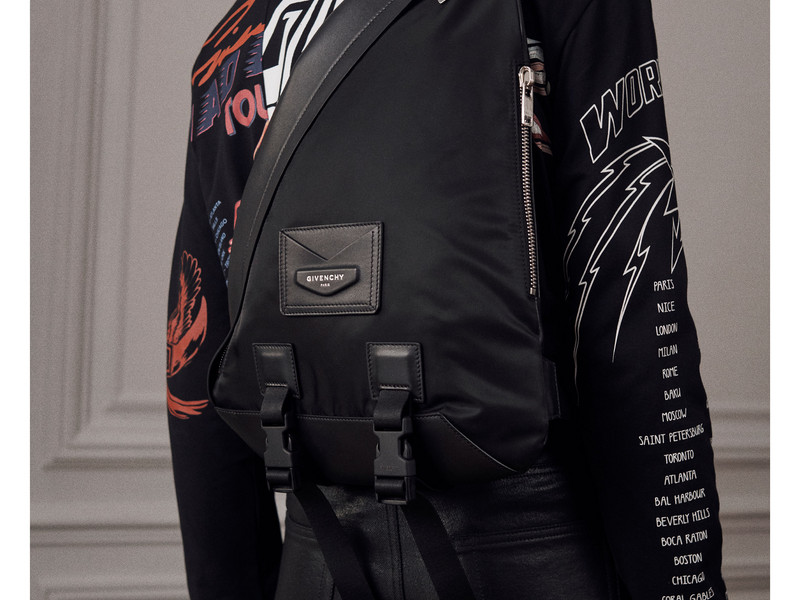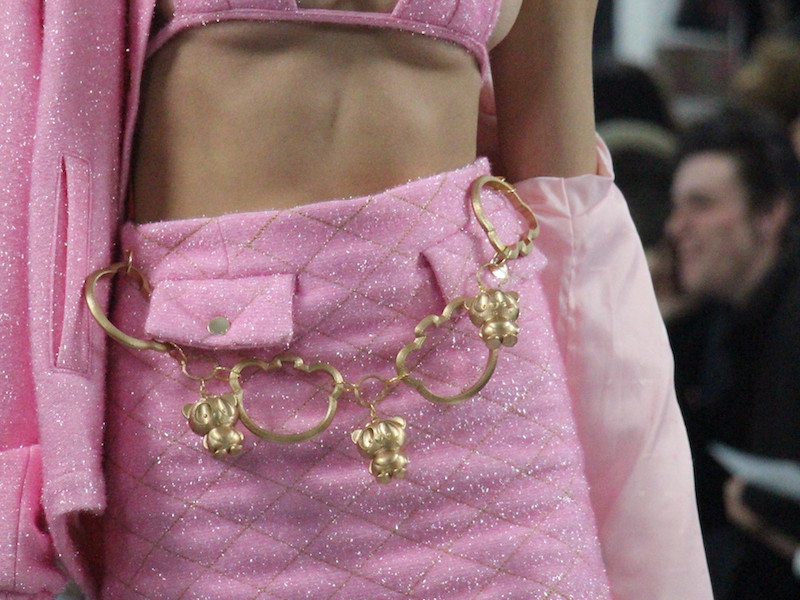Extra Virgin Shakes the Status Quo
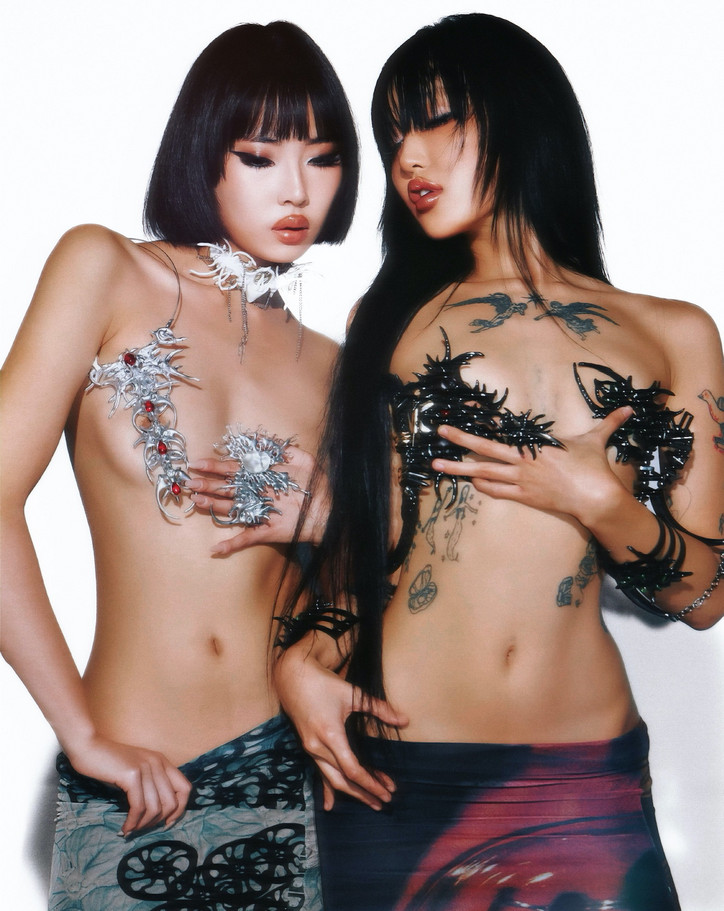
How did Extra Virgin become a thing?
Joi— So we saw on Depop and Instagram a lot of people selling Chinese independent designer brands, but they rarely mentioned the name of the designer and spike the prices. First of all, you should always credit the designer as opposed to selling items as if they are your own design. It should also be affordable. We’re struggling to shop for clothing because everything here is so expensive. One day, Susie had this idea — likely because she studied business in Parsons. She said to me, “Why don't we just start like a pop up? Because there are so many like pop up going on.” I feel like [pop-ups] are becoming a major part of the culture here. So we started on it pretty easily with the resources we had — access to brands and designers.
How’d you get these resources?
Joi— There's a platform in China called Red… it’s new and it’s growing really fast. It’s almost a combination of TikTok and Pinterest. People post videos, share their outfitss, their lifestyles, everything.
Is it only fashion?
Joi— Not necessarily. At first, it was pretty targeted to consumers. So people shared what they purchased and liked — their makeup, their outfits, foods. Everything is reshared by other users… and because there are so many small brands, they all try to promote it on Red.
Susie— We met on that platform and a lot of brands sent us stuff. So we became friends. And we told them our idea… trying to see if anyone was willing to help us. A lot of the designers that I initially reached out to were really interested in breaking into the international market, just because of how hard COVID hit China.
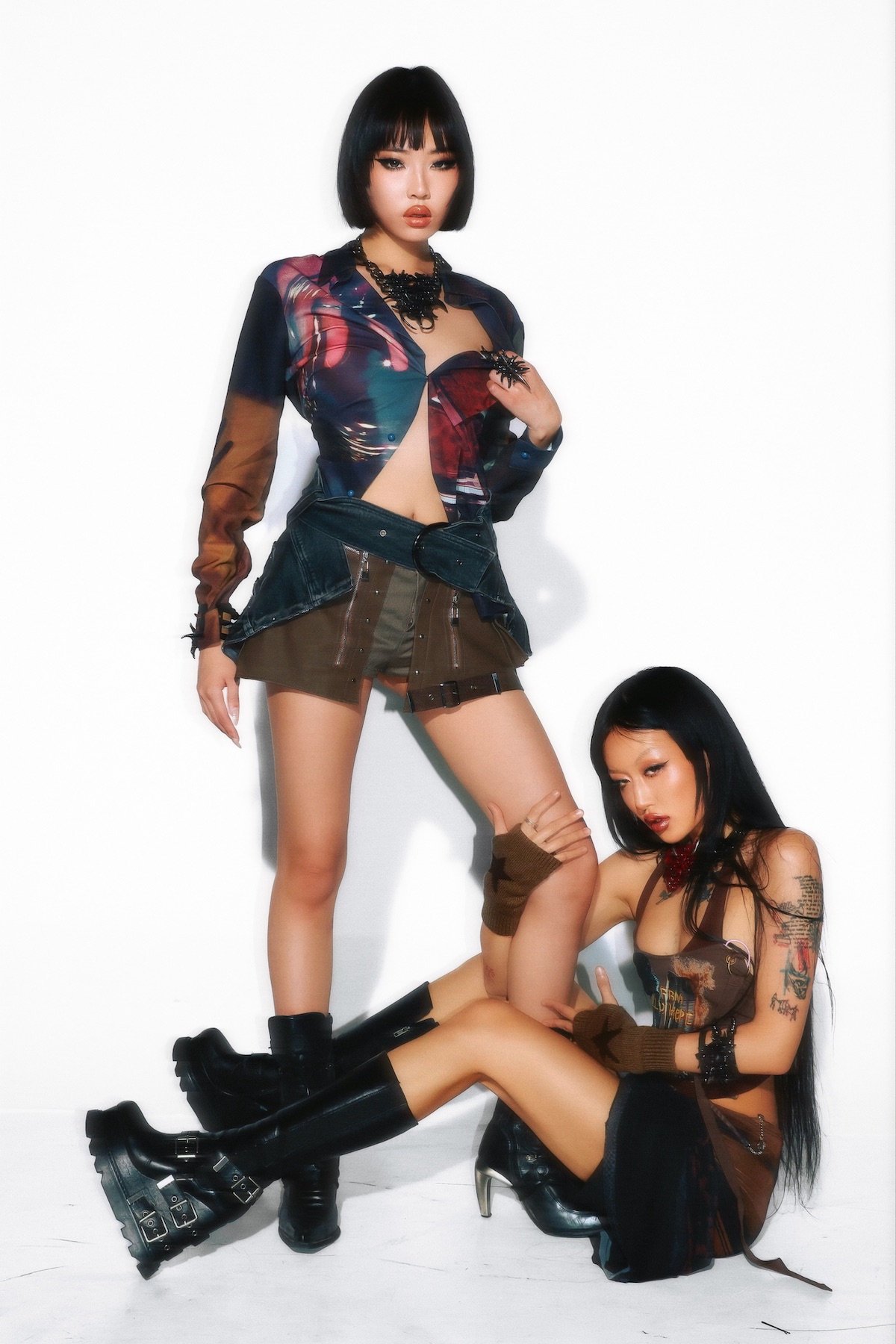
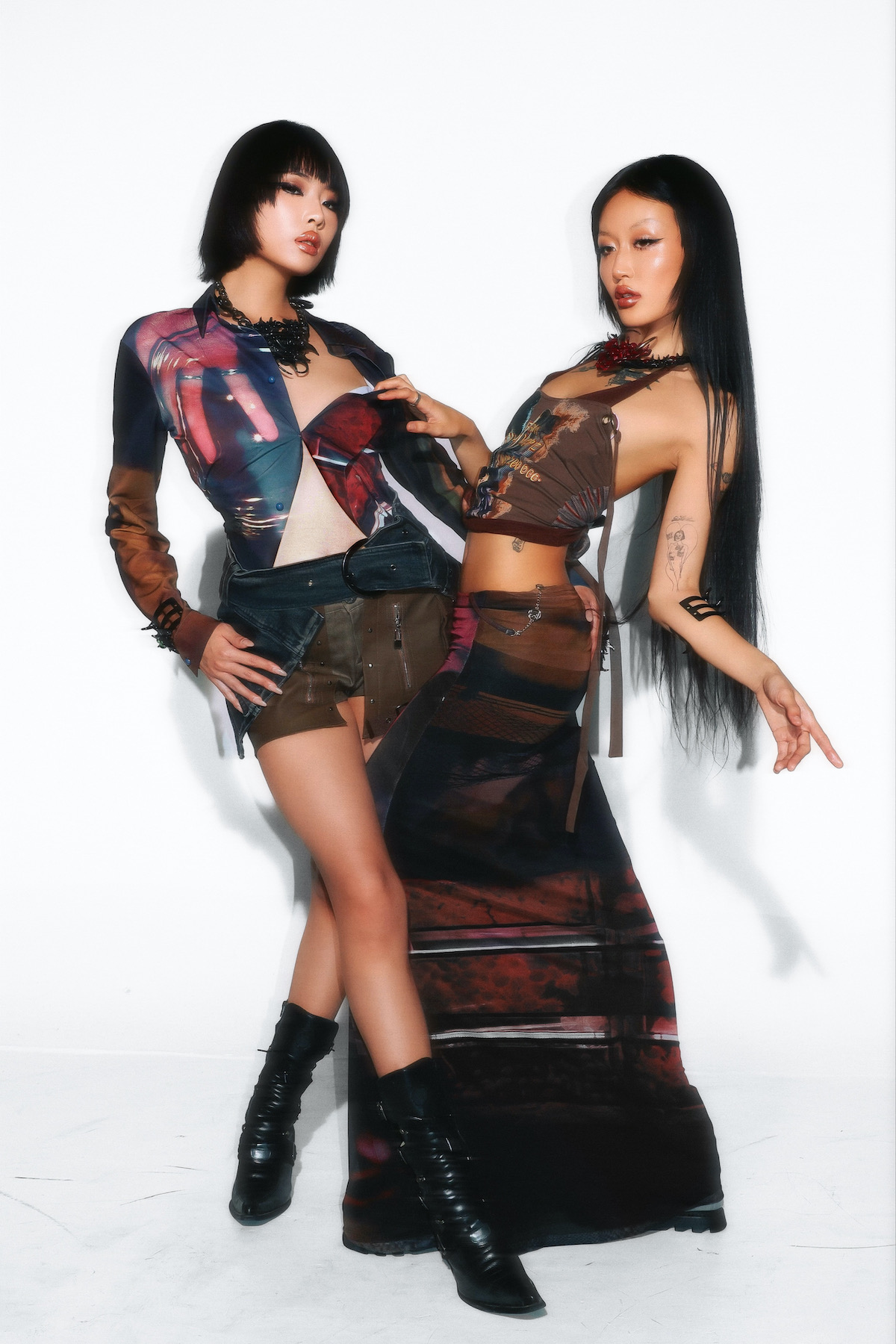
So a lot of these brands are based in China — in a way, you're giving them access to the US market.
Susie— Actually, a lot of them studied abroad. So I would say that they are all pretty international although based in China. Some just don't have the resources to do the proper research. Even so, they're still pretty familiar with the market.
So you’re facilitating their reach?
Susie— We’re just giving them an offline presence at the pop-up, so people can see the products in person.
How do you curate who's collaborating? What makes you want to work with certain designers?
Susie— A lot of the brands that we select from are from TaoBao… We’ve all shopped there before, so we know that they have cute, good quality clothes. Others are friends of ours. It's easy to collaborate with friends — you already have their contact information and everyone we know is truly supportive.
How do you decide which pieces you want to have in the pop-up?
Joi— When we’re finding the brands, we want it to be pretty chic. Other than that, it has to be affordable. We keep a specific price range, and if it's above that, we don't want it.
Susie— This time, we have an artist who makes these beautiful 3D printed corsets. Another artist named Spring makes these amazing handmade necklaces. Things like that can get so expensive on Depop. It all comes back to affordability.
The process of collaborating with artists from China can take months — with the time it takes designers to handmake their pieces, as well as the time for international shipping — so Joi and Susie are particular about who they work with.
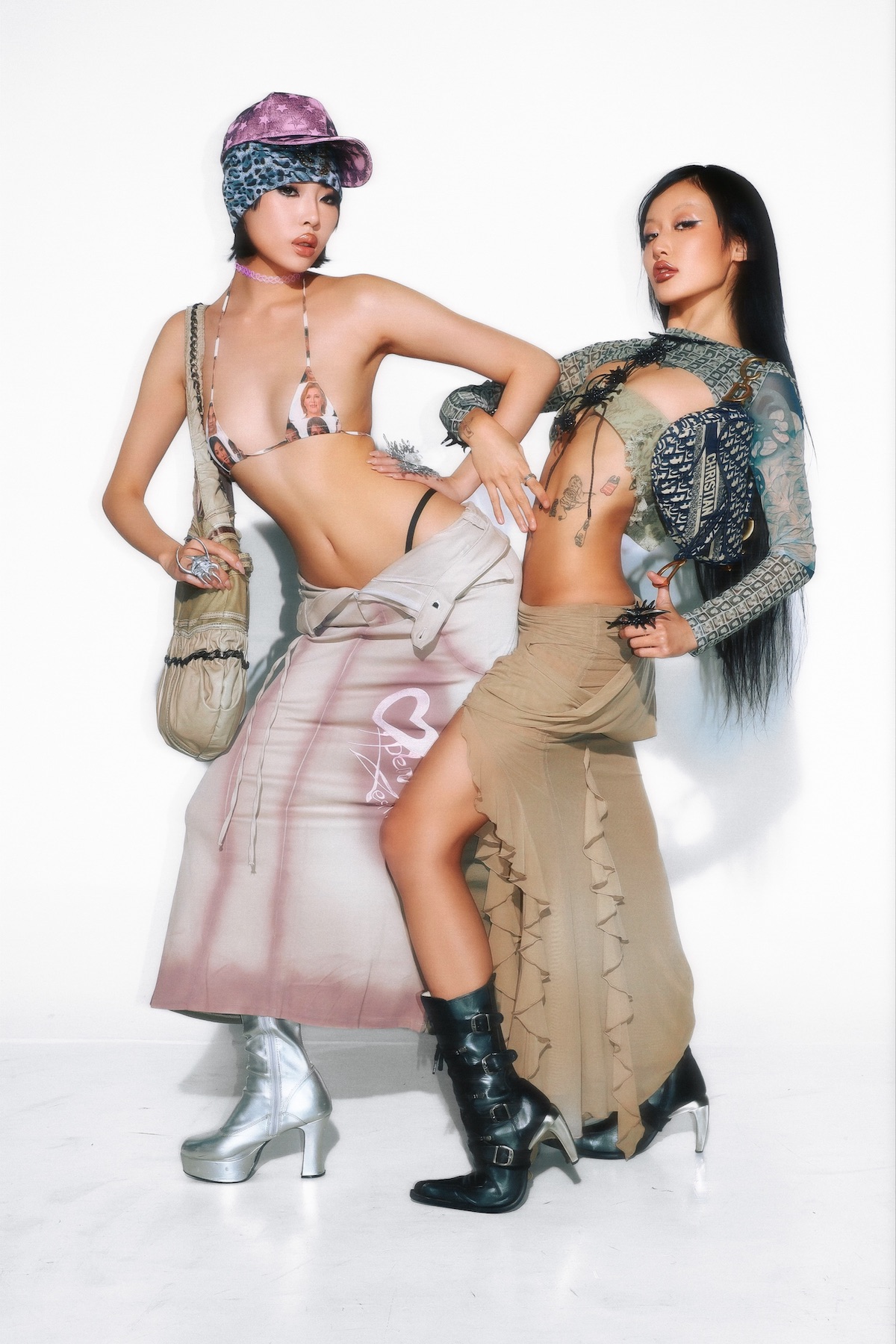
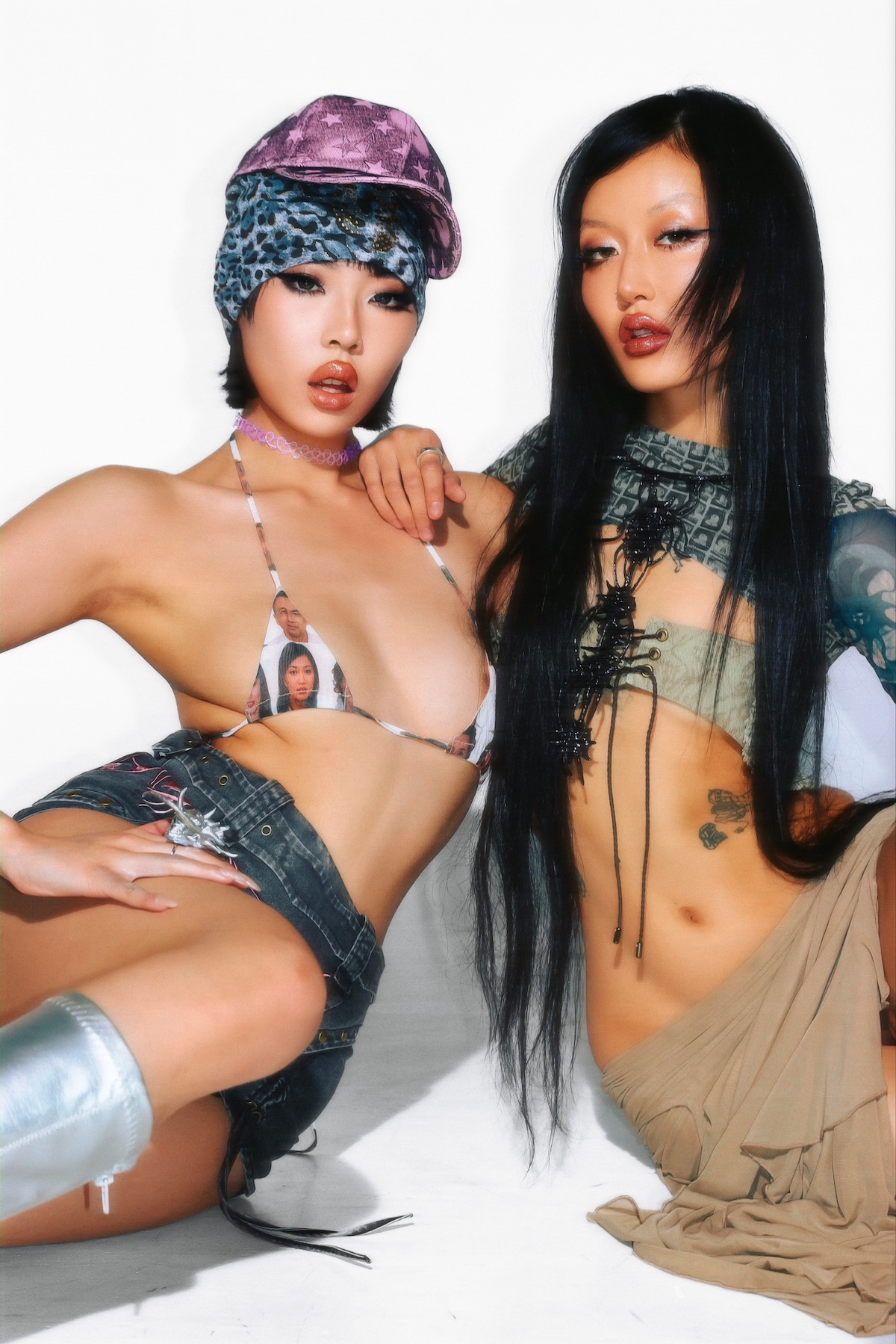
Susie— Another reason why we chose different stores this time is because last time there wasn't as much size inclusivity as we wanted.
Joi— The small size in China is basically an extra small in the States. Yeah. Often, medium is the biggest size [some brands] produce... The industry makes it seem as if only skinnier girls can wear beautiful clothes. Of course, much has changed, but this mindset still exists. This time we let stores costumize our selections to include sizes up to XL.
I know a couple designers who talk about how producing outside of the sample size is arduous for them…
Susie— I mean we worked with one brand who custom-made the XL and of course we paid extra for it, but it really is necessary for us. If a girl couldn't fit into our previous small/medium and can this time, that'll be super meaningful to us.
I think especially as independent designers and sellers, there's the question: "Do I pay out of pocket to make sure the store is inclusive and everyone feels that they can have access to the clothes? Do I even have the resources for that?"
Susie— Exactly. We want to be cheap, we want to be fun, and we want everyone to look good!
Joi— We want everything.
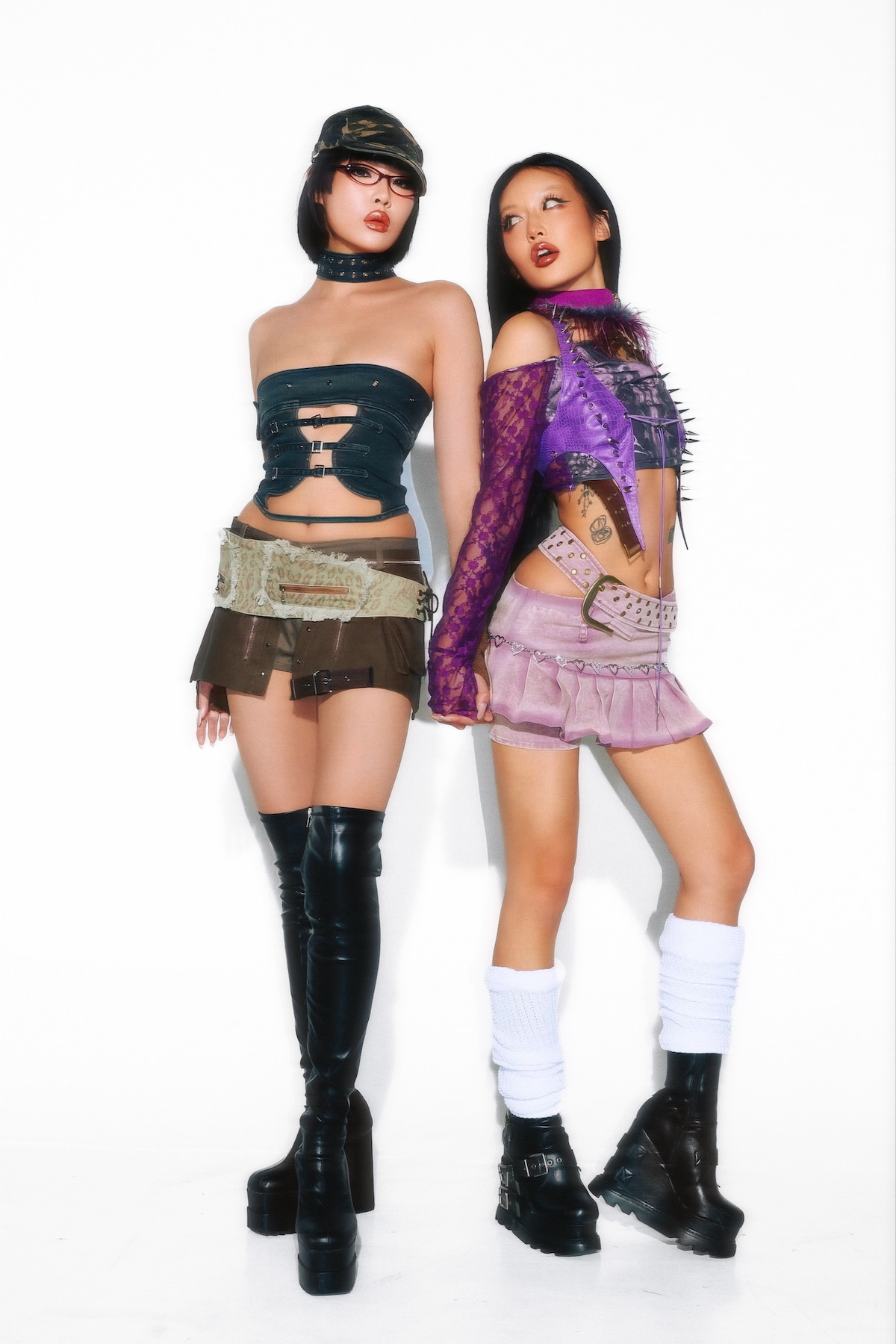
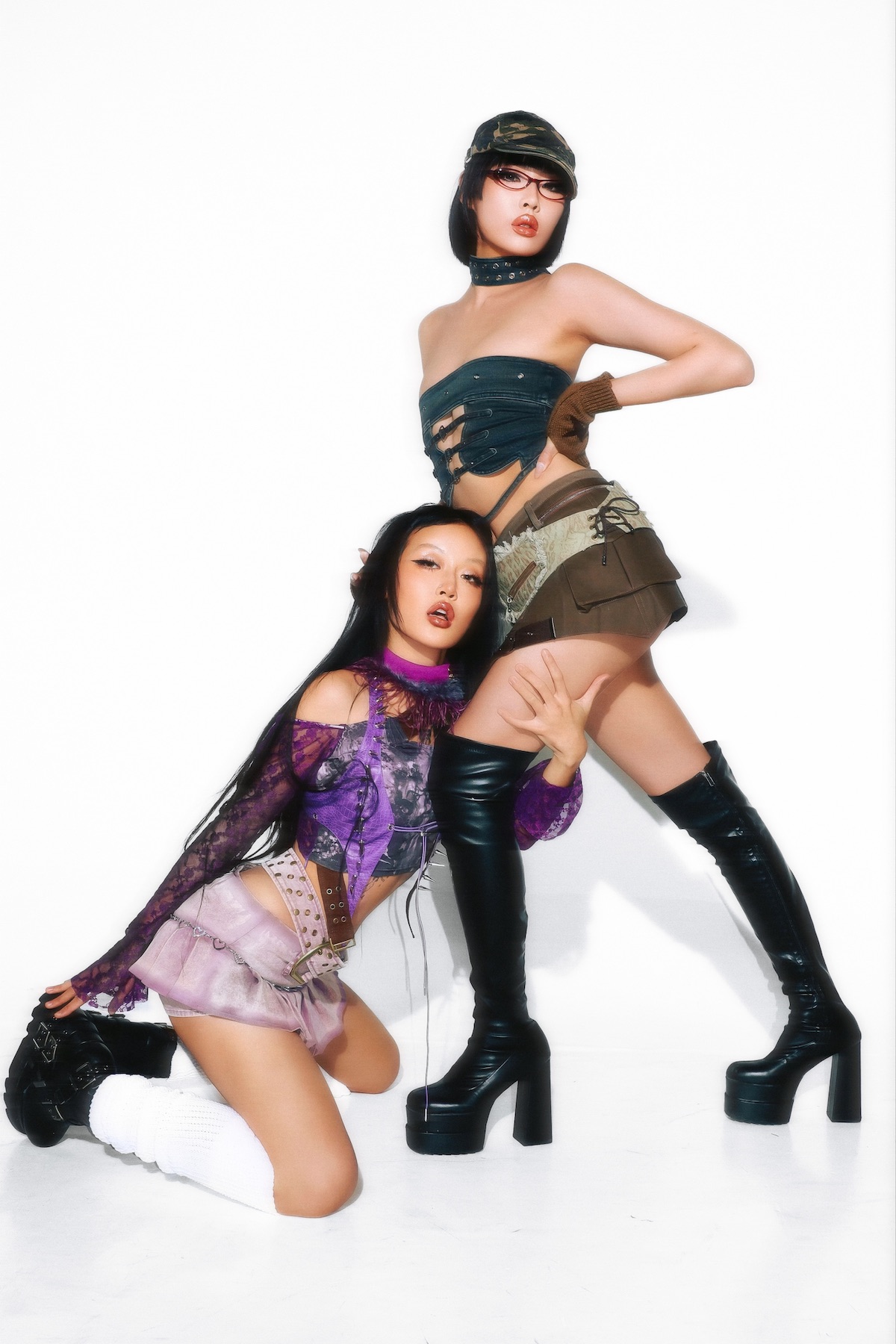
We're not in AAPI Heritage Month, and very recently, East Asian culture has become more mainstream in the US — K-pop and anime are at all-time high popularity rates. Can you talk about how that feels as artists?
Susie— Well, I think there are mixed feelings. First of all, I'm really glad that Asian cultures are being seen as you said. But then I feel that it's still very surface level, the interest in Asian culture.
Joi— With Korea and Japan, I feel like that culture has been popular for a long time. Chinese fashion and subculture started being recognized fairly recently. And many still think Chinese people are not as cool as Korean and Japanese culture. Chinese are not as cool in a way. But I'm glad people are slowly starting to recognize it. When I scroll on Pinterest, so much of what I see is Chinese.
It's definitely a weird situation to be in. What you're working on matters to you both, but it's still separate from your personal lives. A lot of people have a fascination with Asian culture, so you've found an opportunity to make a profit and continue doing what you do.
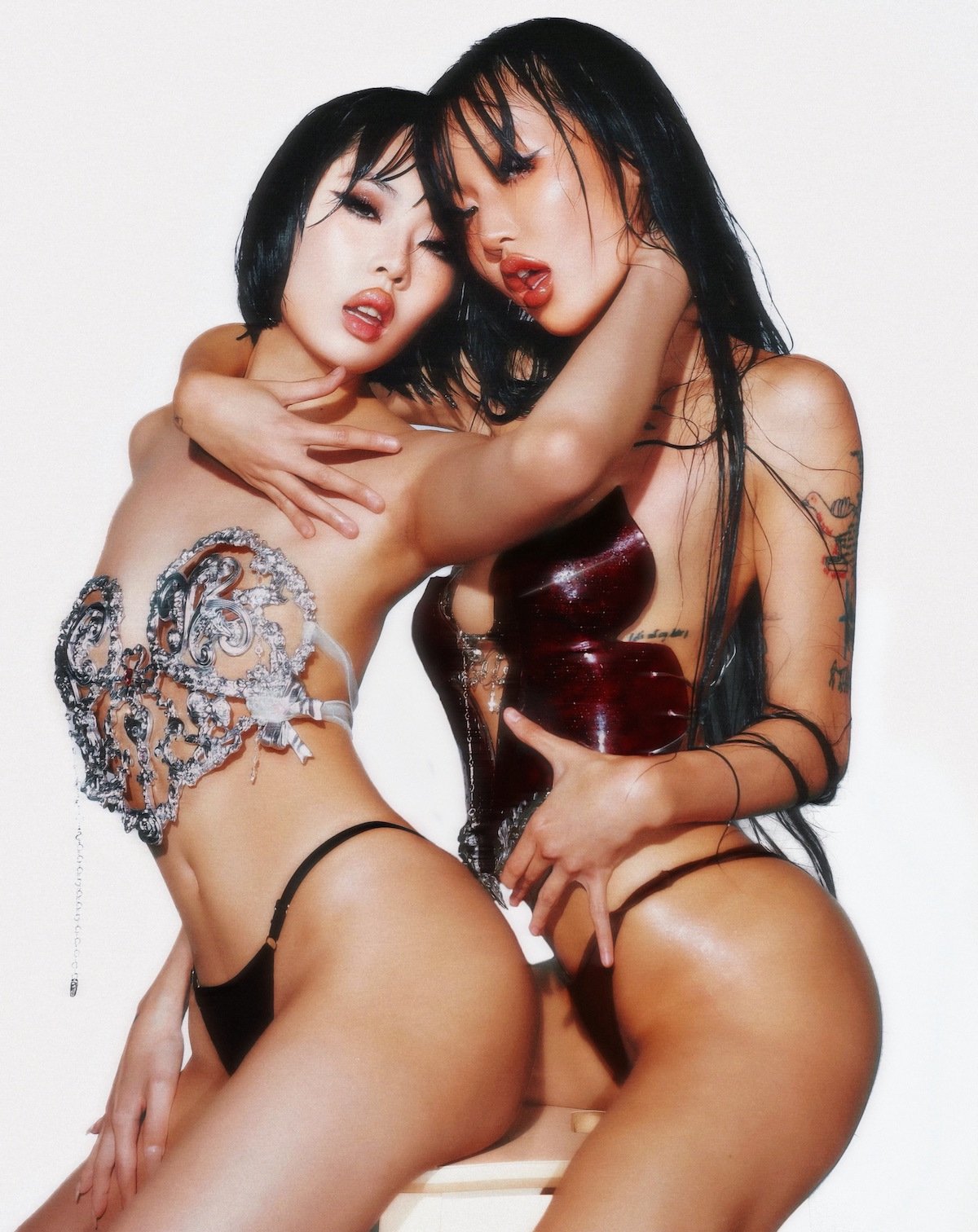
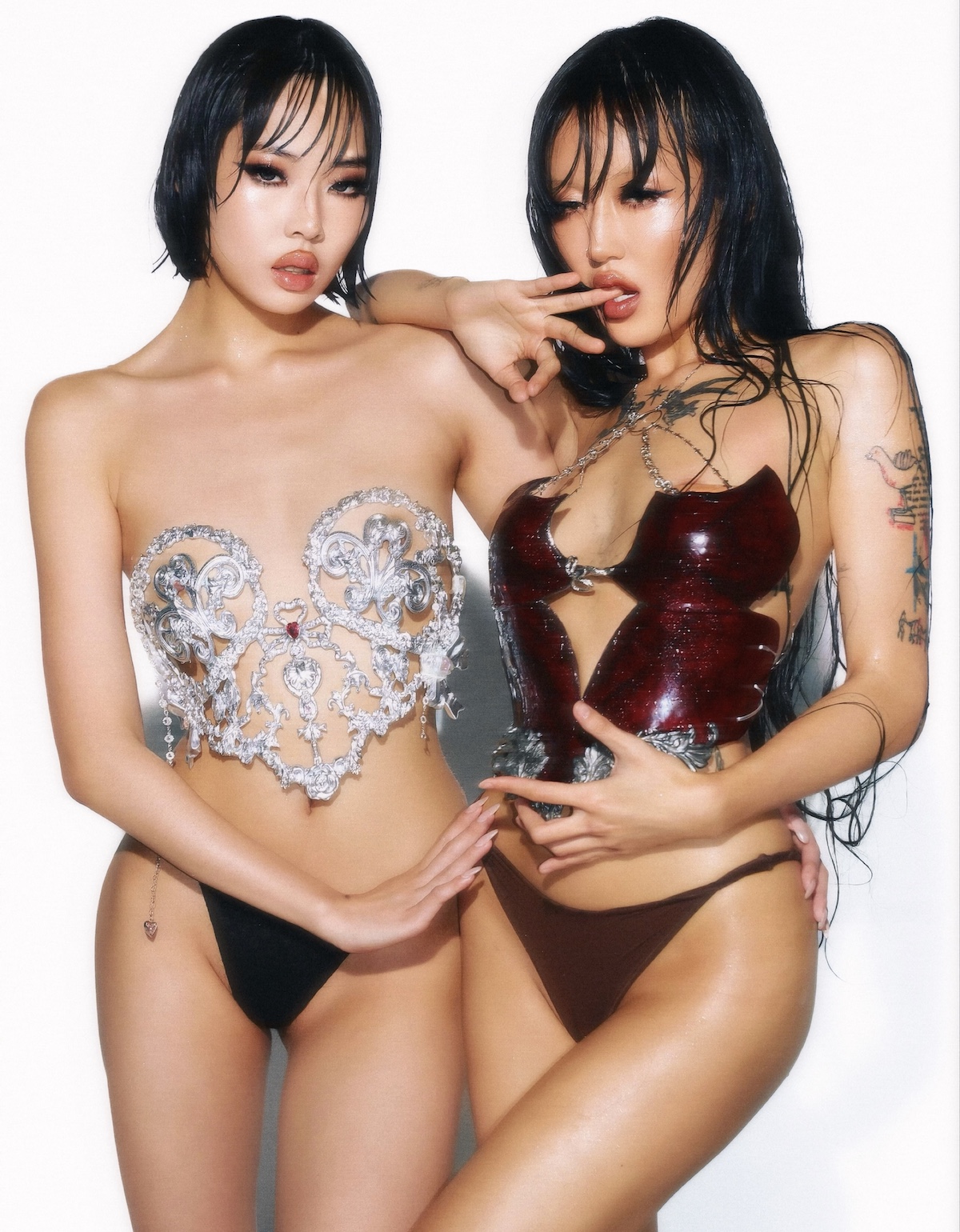
Joi— And also, it's on the internet, so it doesn't feel that real, but in general, people who are into fashion or follow Extra Virgin, only want to know what we’re selling — they're not focusing on us. Running Extra Virgin is more about the products, the advertising and the people. We’re building a community. We receive so many questions based on politics, China and xenophobia. Actually, we don't think that much about it in the context of Extra Virgin — not because we don't care. Of course we do. But it doesn't relate to what we do. Right now, people hear 'China,' they directly link it with politics and xenophobia.
In journalism there is not much Asian representation, especially not from primary sources. Unfortunately, whenever people talk to someone who's Asian, you almost become a political spokesperson even if the discussion has nothing to do with politics.
In speaking with Joi and Susie, it was clear that they didn’t want their entire existence as artists to revolve around Chinese politics. There’s a clear line between wanting to prioritize Asian voices, versus making Chinese artists the default voice of China. We rarely force white American artists to speak on American politics — there is an inherent privilege that comes with being able to be seen only for your art and not for your potential as a political subject. But, they see their future as something bigger than politics, and as something bigger than a pop-up.
Joi— Since we have a bigger space, we're curating other events. We're going to have our friend, who's a really talented singer. She's going to sing and DJ at the opening. We're also featuring artists because we don't want to keep the walls blank.
You're also curating a community gathering as opposed to a sole pop-up. Would you do more event-related activations?
Joi— Eventually. Right now we're mainly focusing on the clothing, but we want some other stuff to go into the space. In the future, we want to do fun stuff, because just selling clothes isn't fun enough [laughs].
Susie— Especially with all the pop-ups nowadays... There are so many! We need to find something that's different.
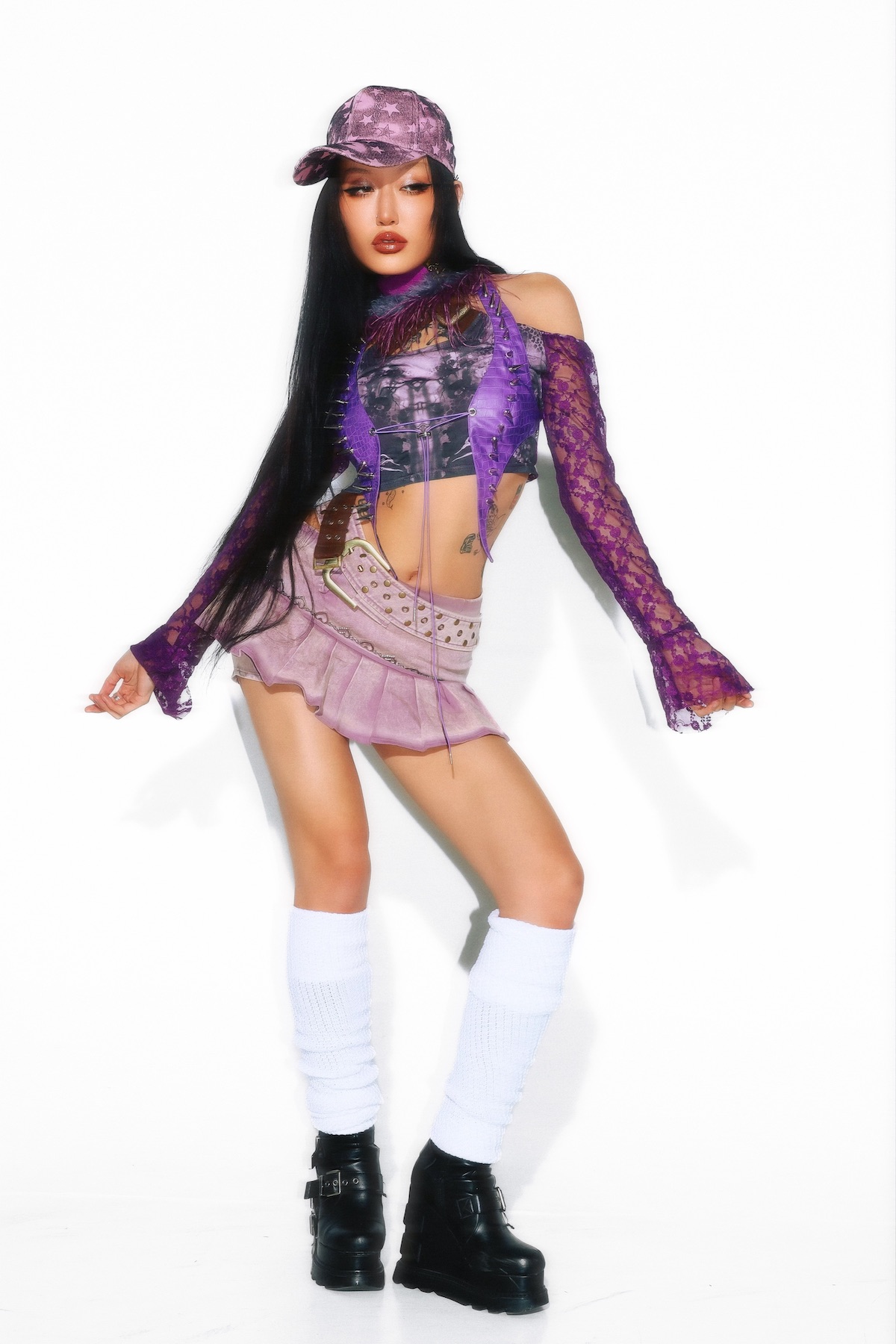
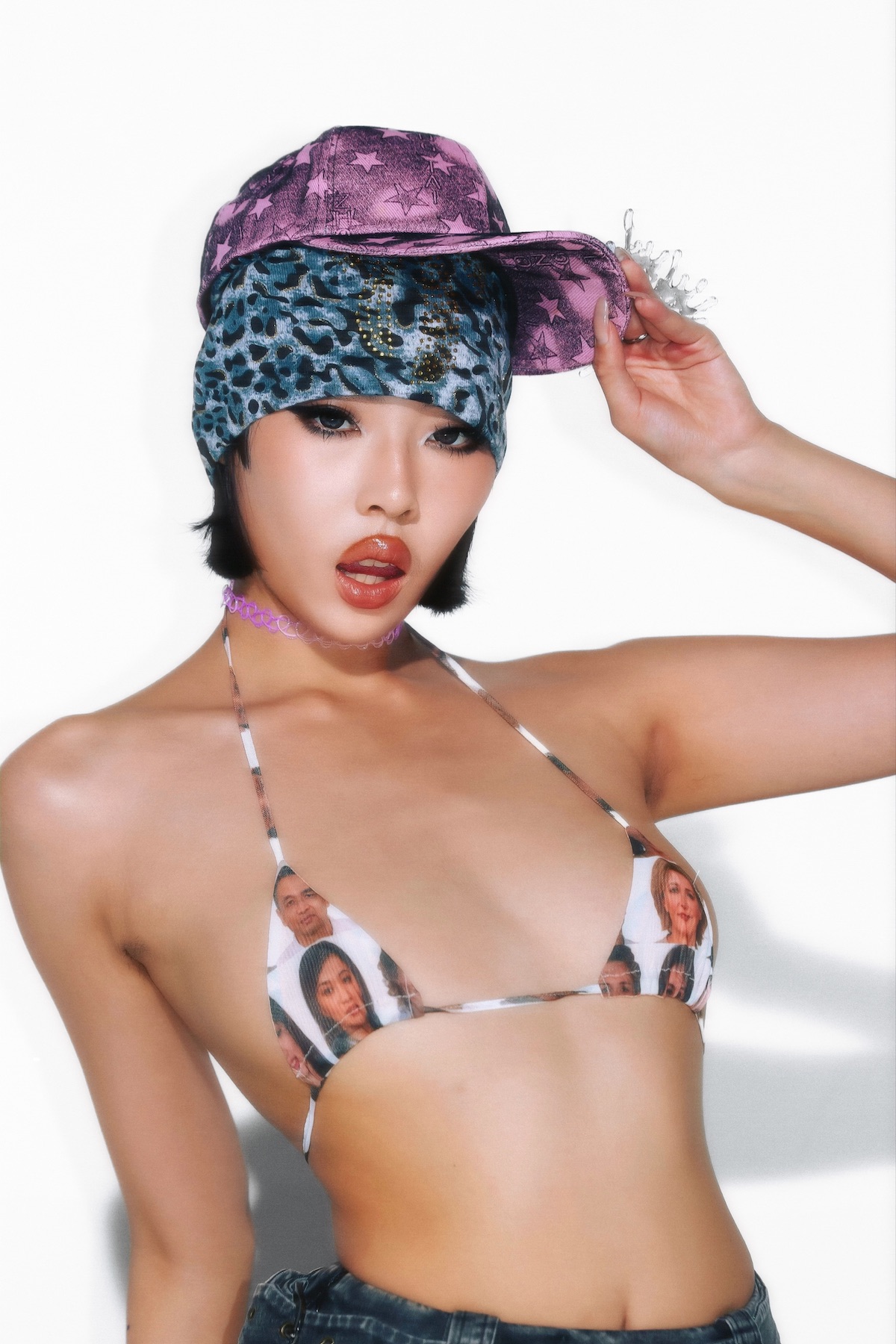
Joi— In the fashion scene, I think it's hard to have a sense of community, even as a “community.” People try to act like they're too cool, especially the in pop-up culture here. I want to do more art and music so that we can make an atmosphere where people can connect and not be scared to talk to eachother.
I think people — especially in the New York fashion scene — like to make it look like they don’t care. Apathy is so in right now and everyone’s too cool to be genuine with eachother, and to me, that’s really lame. So I appreciate what you’re doing. Plus, the scene can be overwhelmingly white. Sometimes, you’re just in a room full of white people. Has it been alienating or difficult to try and make your way in a very white community?
Joi— As soon as people here it’s Chinese or Asian designers, a lot of Asian people are interested.
Susie— It’s just kind of hard to integrate Asian fashion and New York local fashion groups together — sometimes they’re just separated.
I know what you mean. I think the reason you get so many Asian people coming to your store is because — if I were to go to any other fashion event, it would be cool, but I’d be one of three Asian people there.
Susie— We’d be the other two. [laughs]
An affinity space is so necessary. Even if you don’t intend for Extra Virgin to be that, there’s value in a cultural space that’s explicitly and purposefully made by Asian people — for everyone but especially Asian people.
